Quiz: Match The Fact To The 20th-Century War
There wasn’t a year that went by in the 20th century that didn’t see conflict somewhere in the world. Between World War 1, World War 2, the Cold War, and numerous other conflicts, it seemed like the fighting would never end. They didn’t call it “The Long Twentieth Century” for nothing.
How much do you really know about the century that changed history? Are you a certified history buff or still in basic training? Test your knowledge of 20th-century wars here.
Which was the deadliest war of the 20th century?
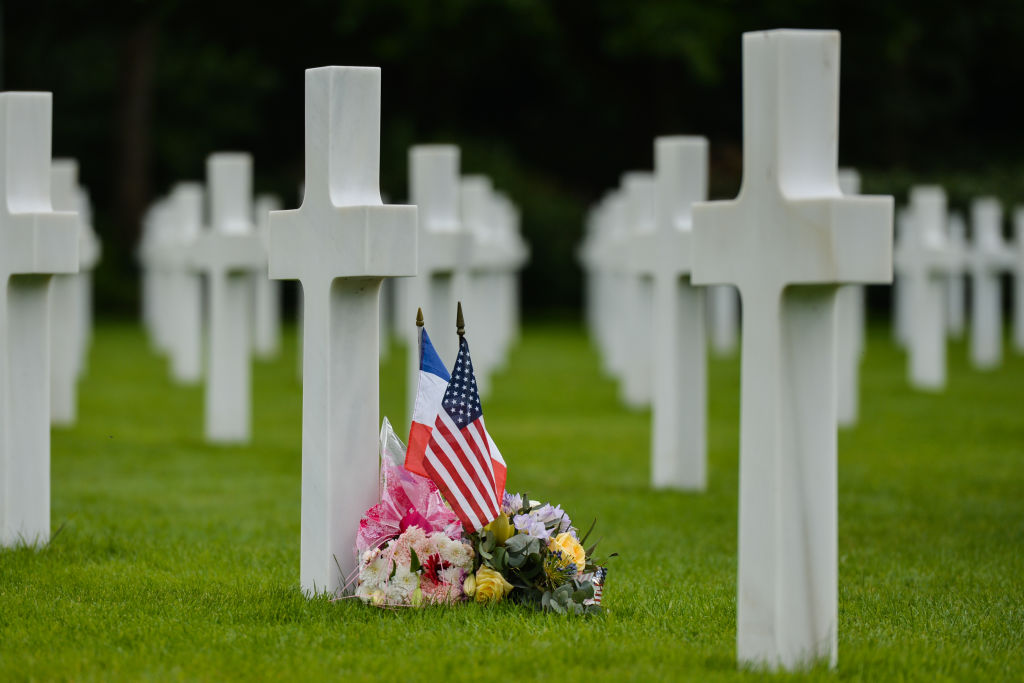
A. World War 2
B. World War 1
C. Vietnam War
D. Korean War
Answer: World War 2
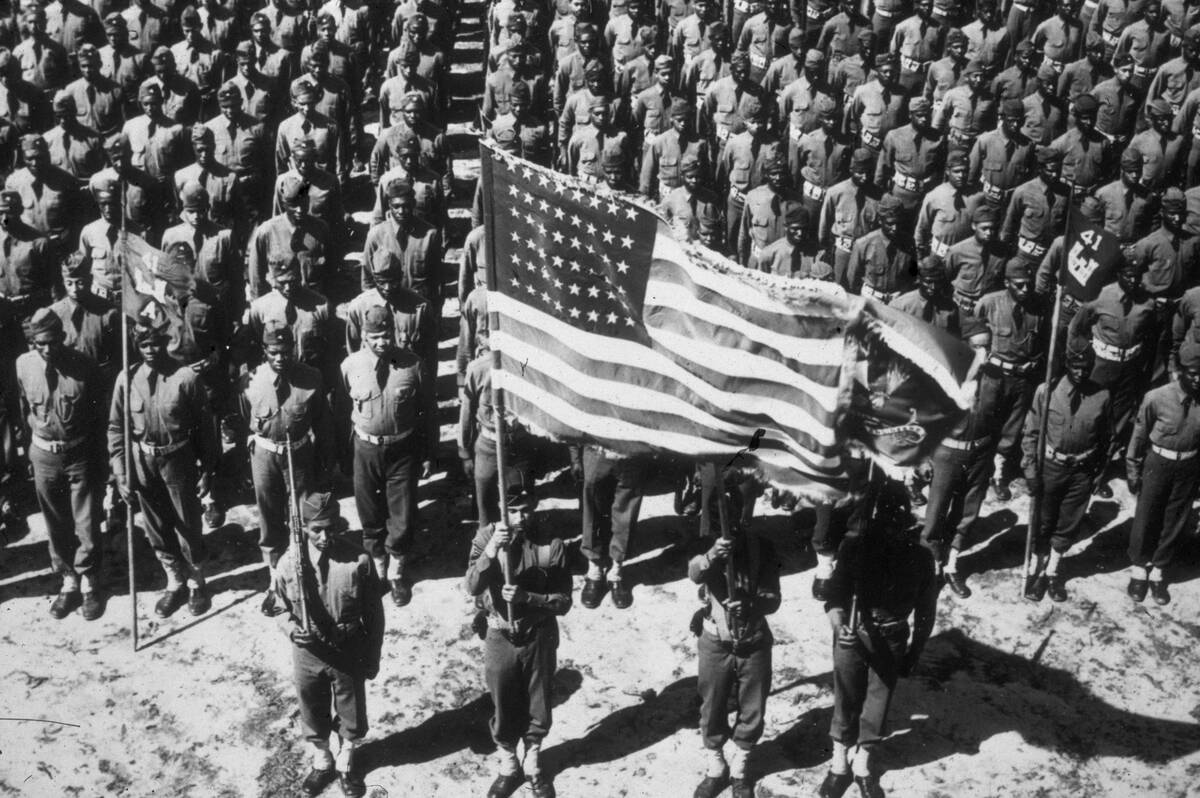
World War 2 was not only the largest and bloodiest war of the 20th century, but of all time. The conflict lasted six years and by the end of it, it’s estimated 60 million people died as a result.
Which war was nicknamed “The War To End All Wars”?
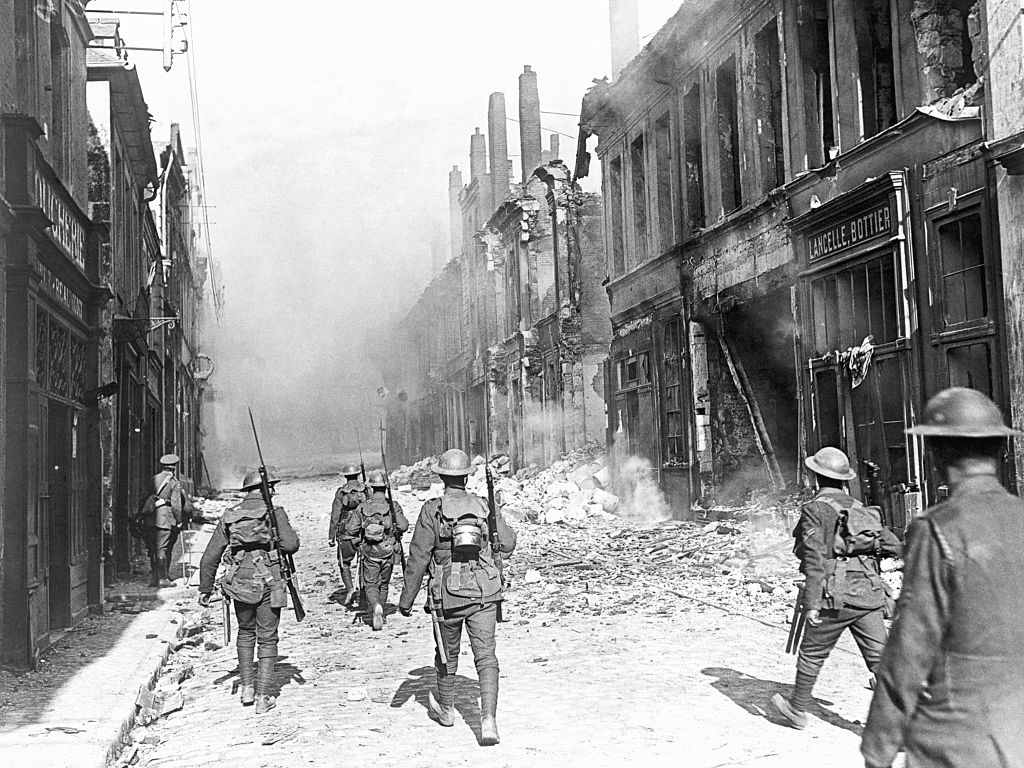
A. World War 2
B. The Cold War
C. World War 1
D. Russian Civil War
Answer: World War 1
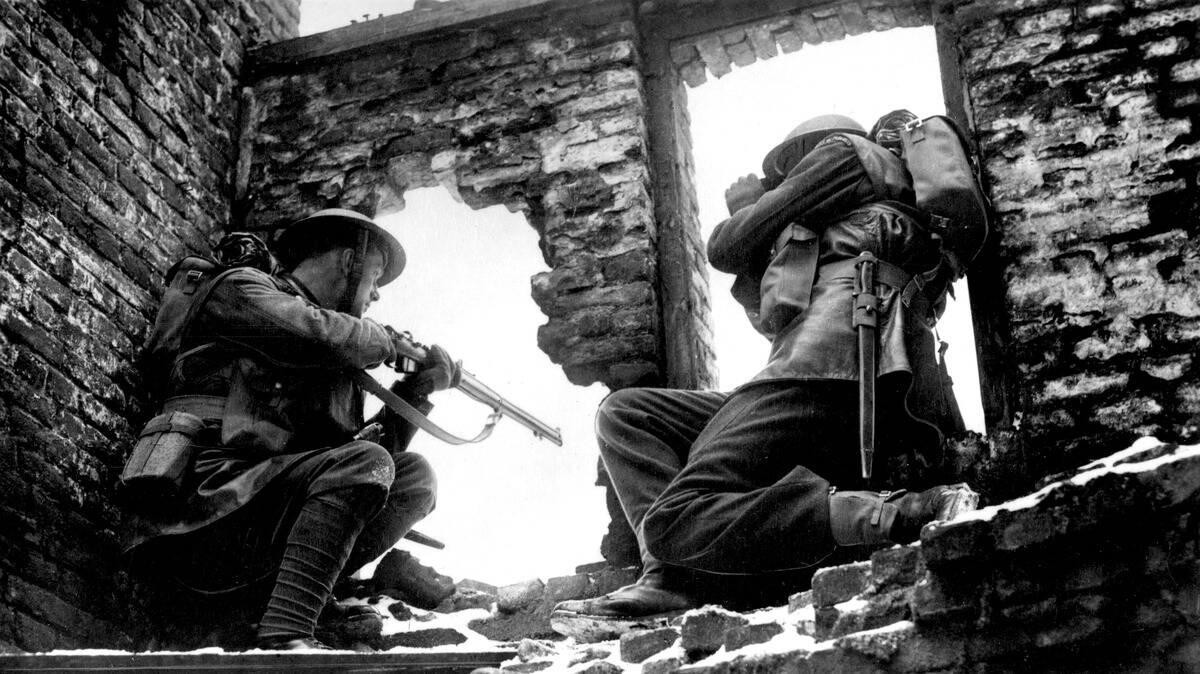
When WW1 broke out, it was like nothing the world had ever seen before. The death and destruction from the war was so shocking that many people hoped it would be the first and last time it happened. Sadly, as we know, that was not the case.
Which war began after the invasion of Kuwait in 1990?
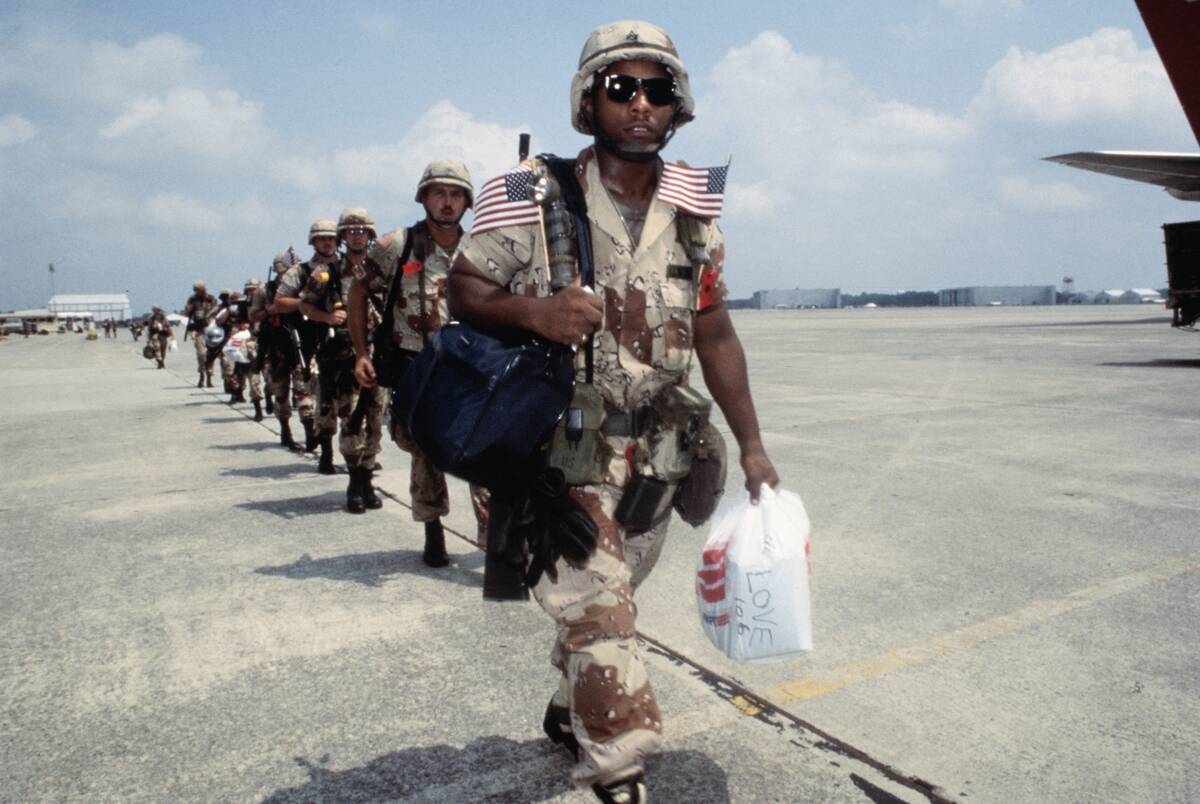
A. The Gulf War
B. Iran-Iraq War
C. Iraqi-American War
D. Saddam’s War
Answer: The Gulf War
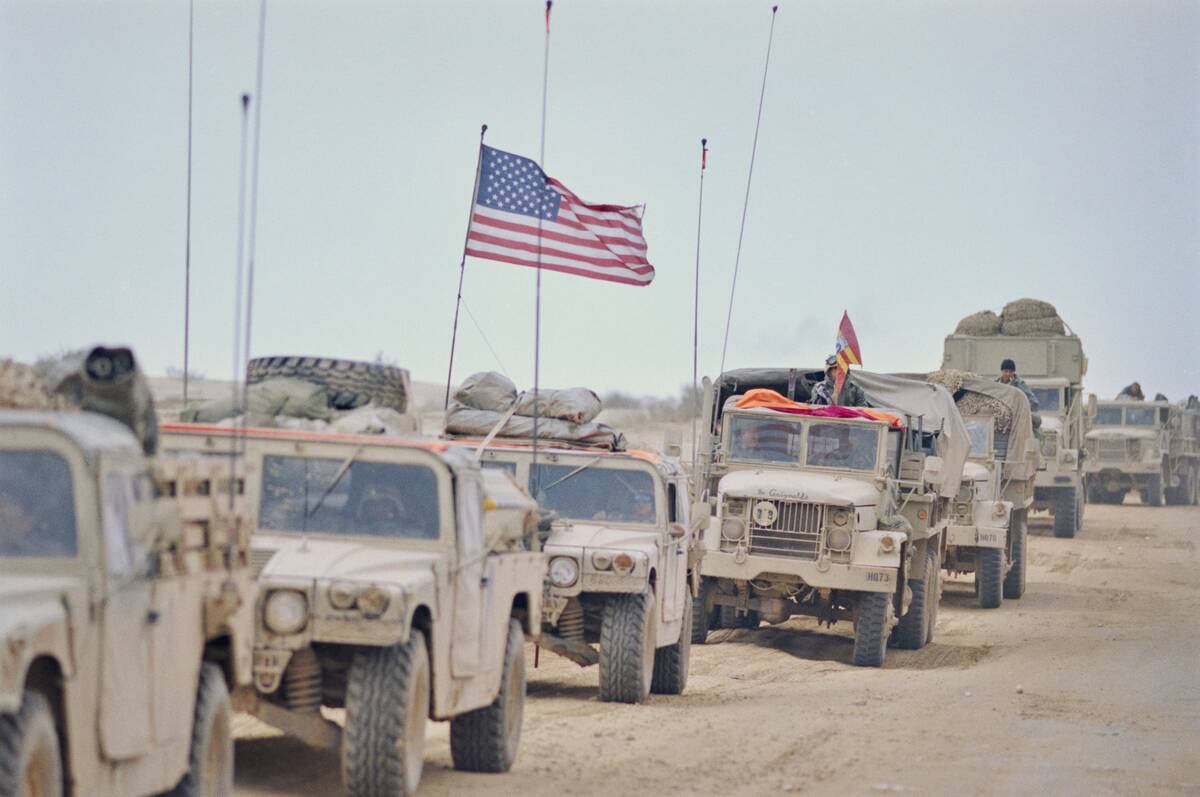
Codenamed Operation Desert Shield, the Gulf War broke out in response to Iraq invading Kuwait and rising oil prices. The U.S. led a coalition of 35 other nations into Iraq on the orders of President H.W. Bush.
Which battle for a cold Soviet city turned the tides in WW2?
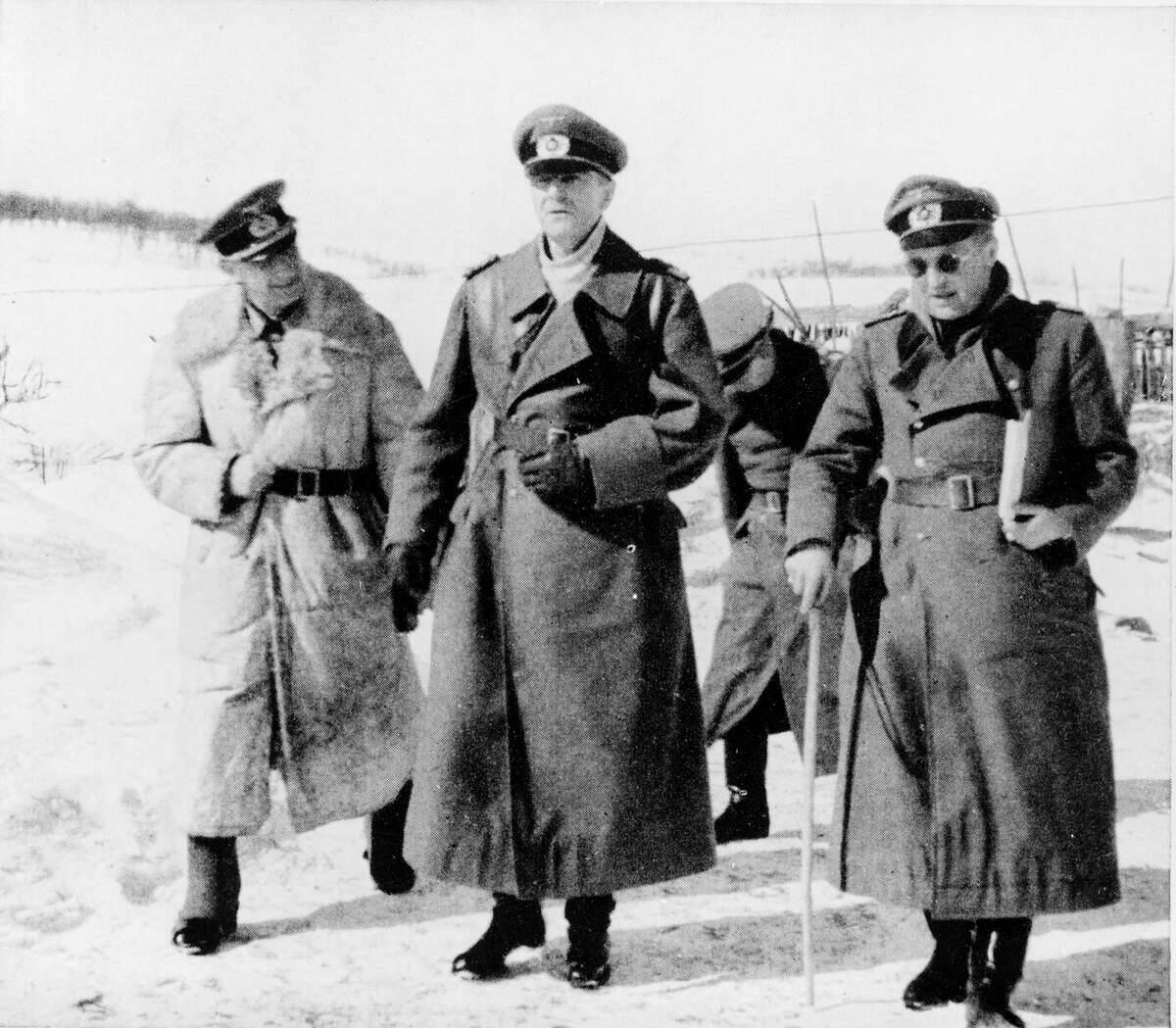
A. The Battle of St. Petersburg
B. The Battle of Moscow
C. The Winter Battle
D. The Battle of Stalingrad
Answer: The Battle of Stalingrad
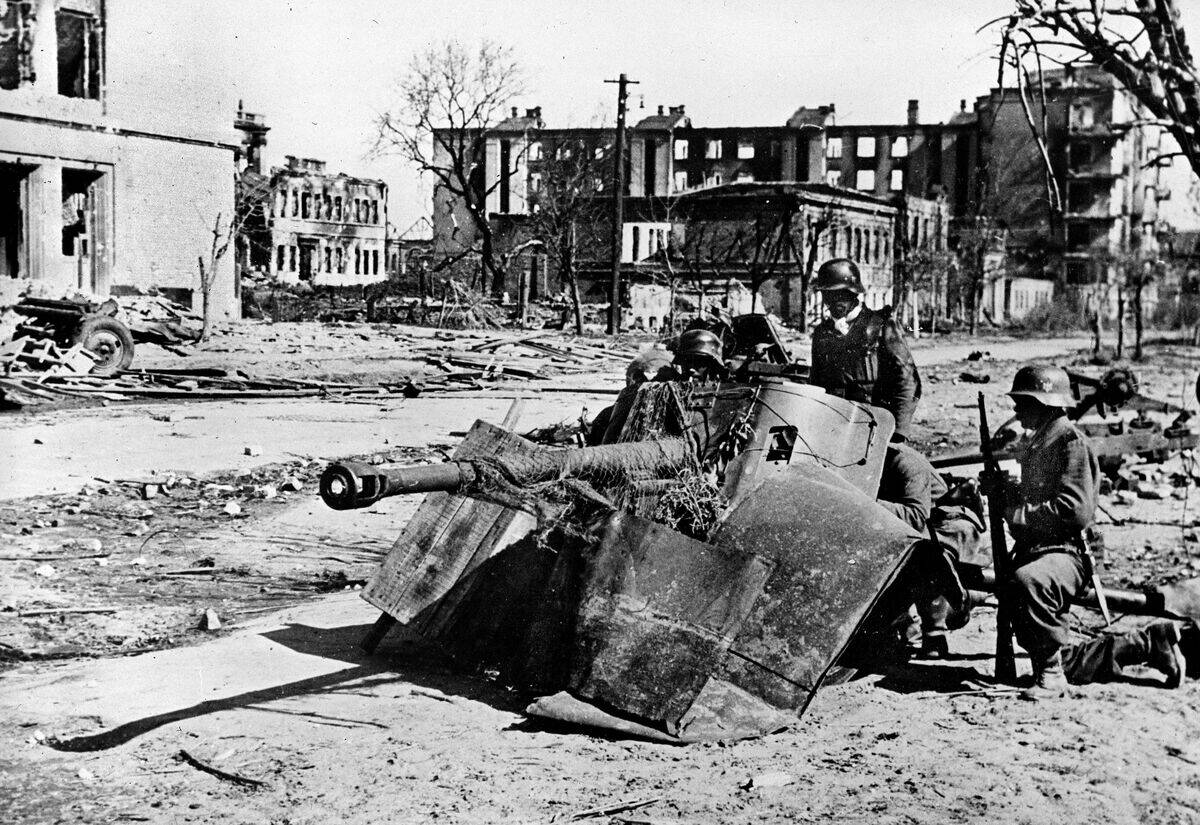
The Nazis had hoped to overrun the Soviet city but winter came early, and they were left in a stalemate against fierce opponents. After five months of fighting and nearly 2 million casualties, the Nazi forces surrendered and the Eastern front began to push back.
Which war began in 1916 with the Easter Rising?
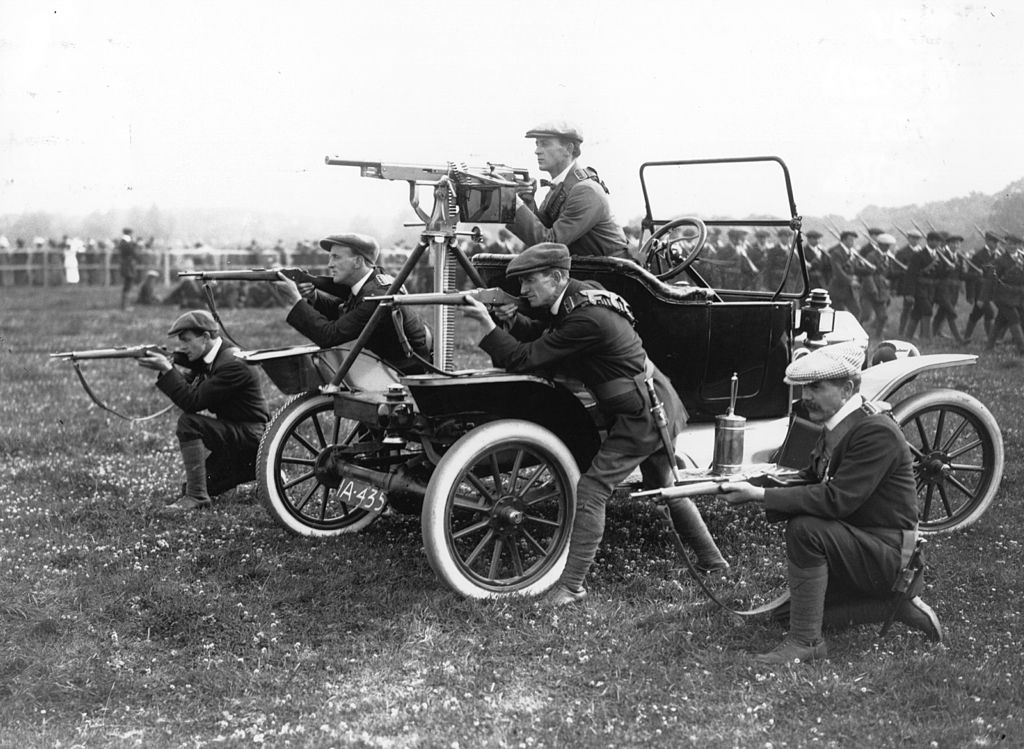
A. The Mexican Revolution
B. The Irish War of Independence
C. The Second Balkan War
D. The Bunny Rebellion
Answer: The Irish War of Independence
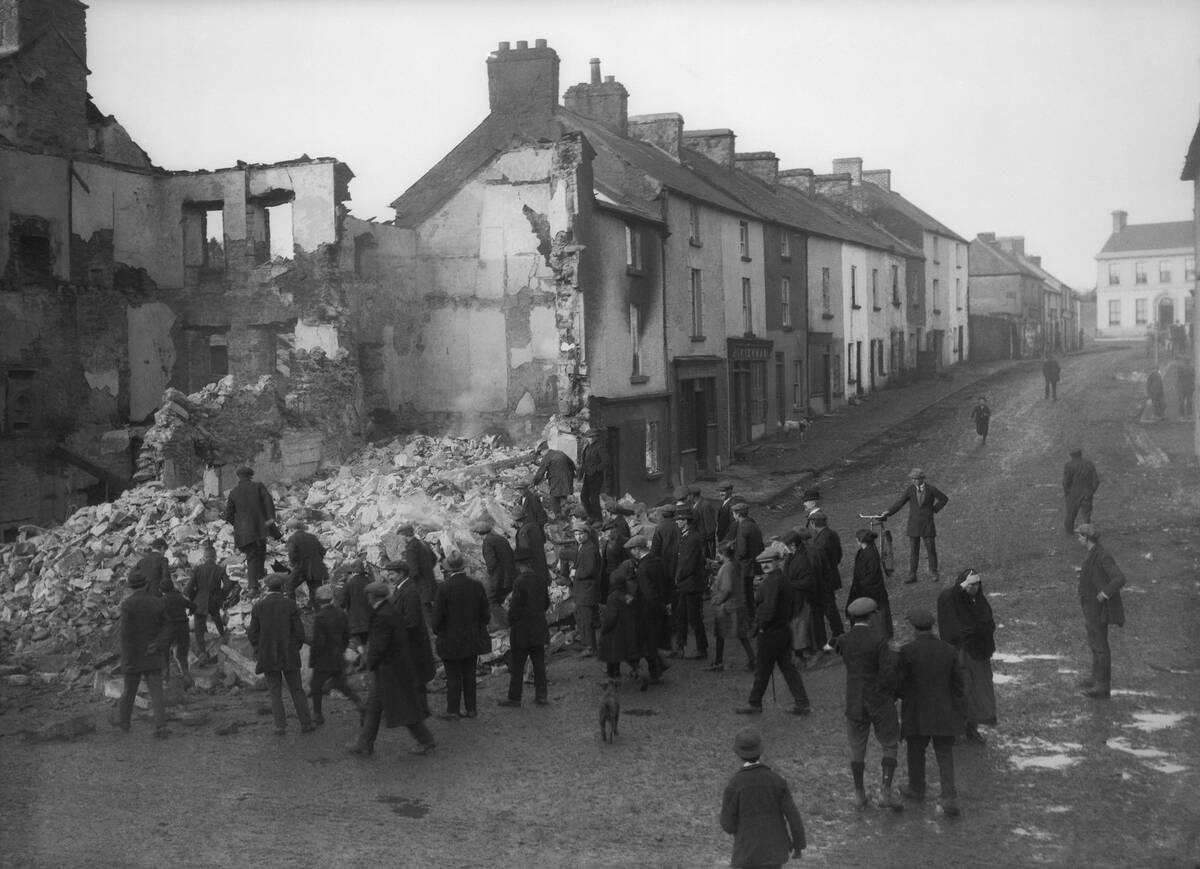
The Irish War of Independence began in Dublin in 1916 after a group of the Irish Republican Army (IRA) wanted the remove British rule. The men were defeated and 16 of them were later executed, but the Easter Rising kicked off a 2-year war for independence.
During which war did the Battle of the Somme occur?
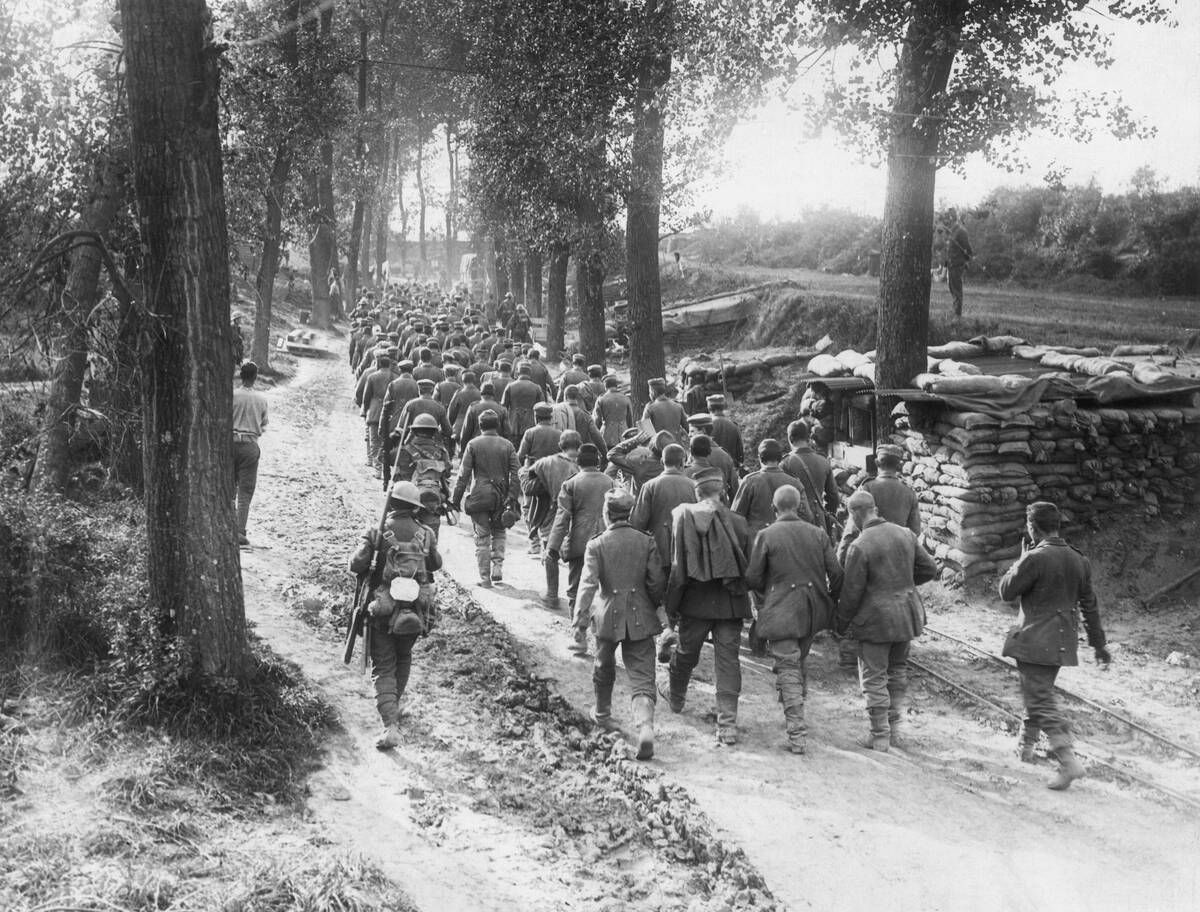
A. World War 2
B. French-Algerian War
C. World War 1
D. Sudanese Civil War
Answer: World War 1
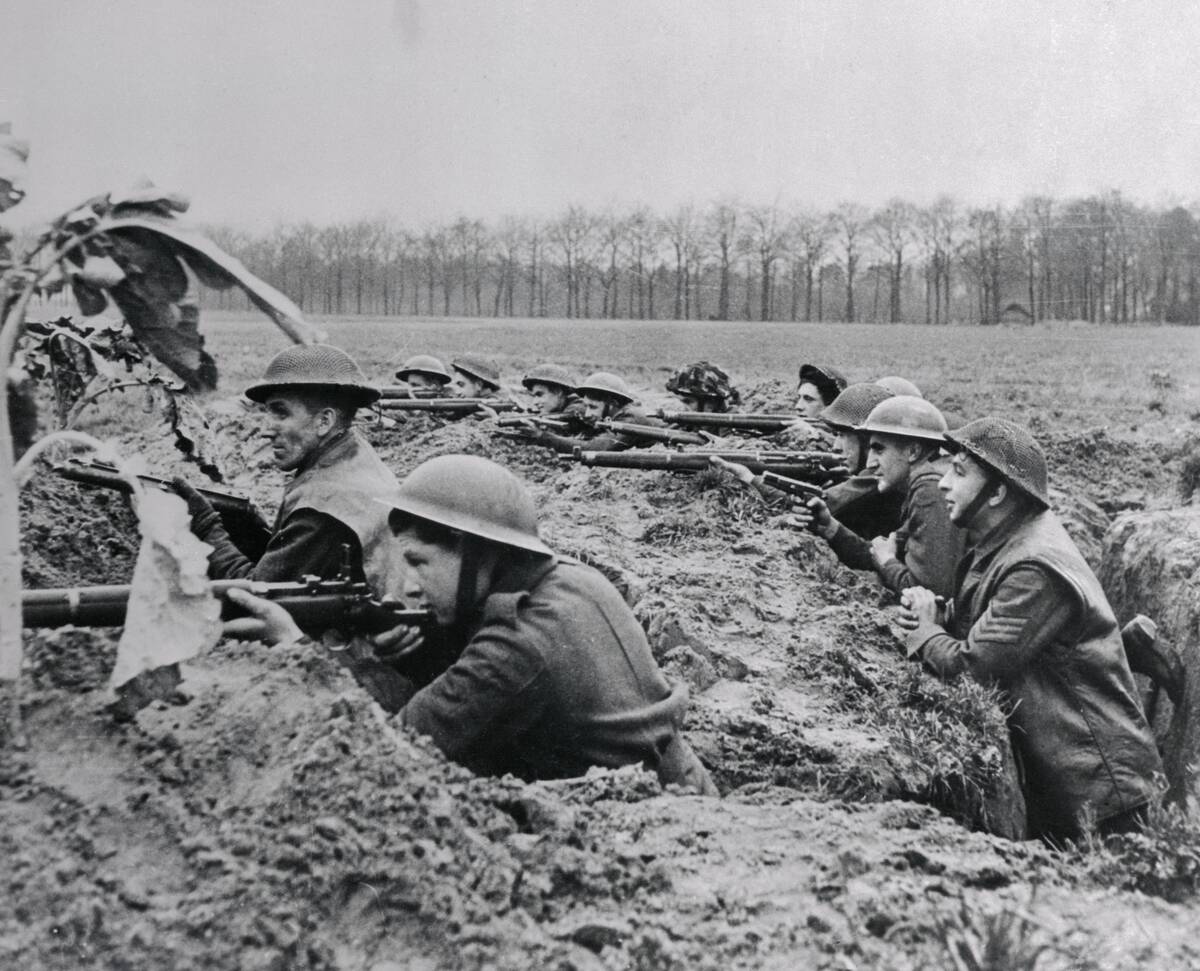
On July 1, 1916, the British and French armies began their bombardment of German soldiers. Unfortunately, it did not go as planned and as soon as the soldiers emerged from the trenches, German machine guns shot them down. In the first 24 hours, 68,000 lives were lost.
Which war led the U.S. to boycott the 1980 Olympic Games in Moscow?
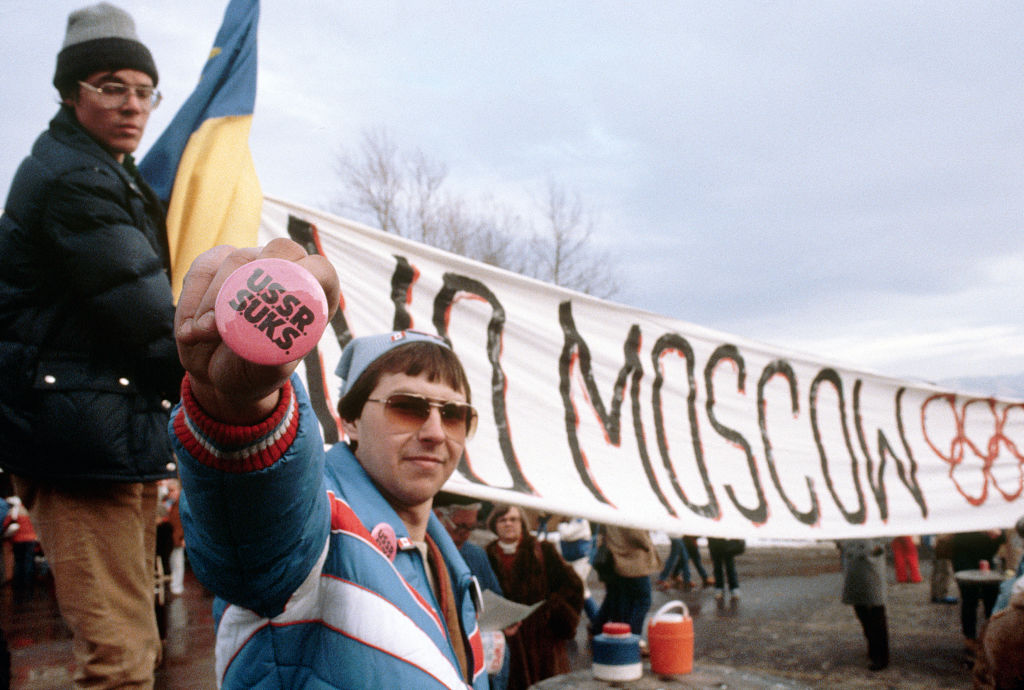
A. Vietnam War
B. Cuban Revolution
C. Korean War
D. Soviet-Afghan War
Answer: Soviet-Afghan War
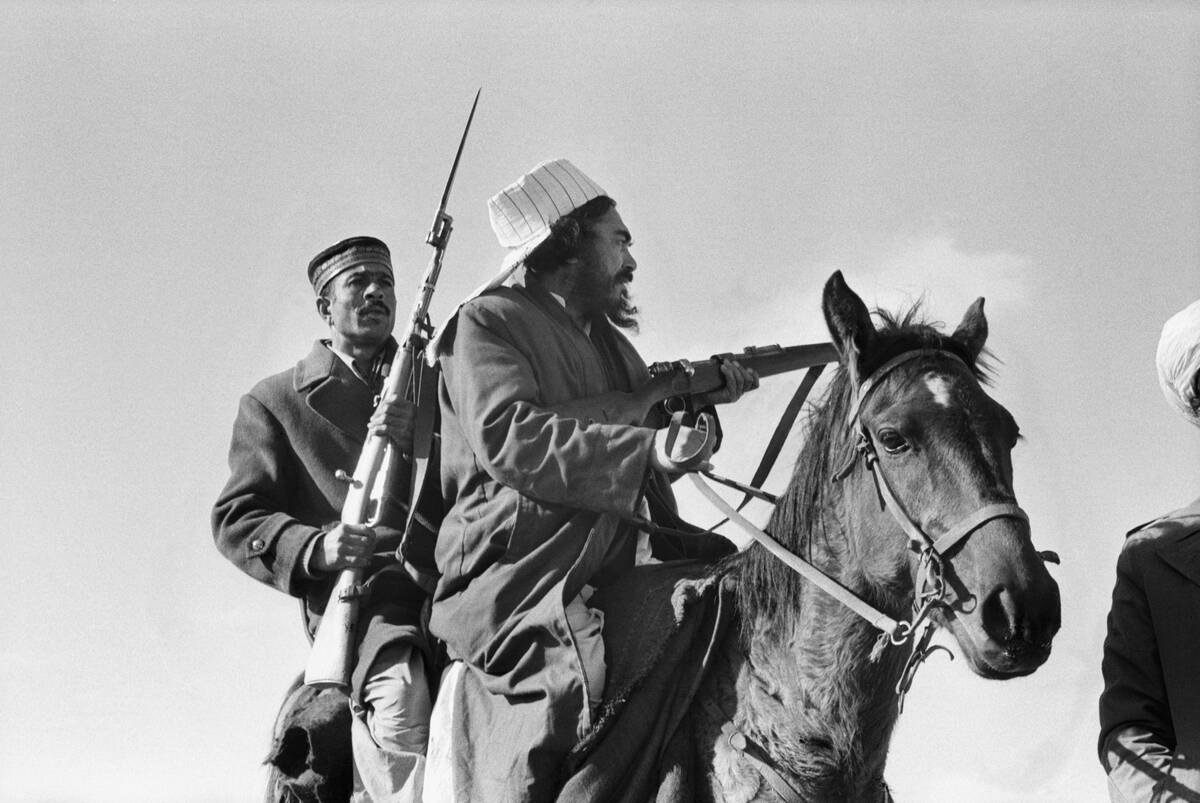
In 1979, Soviet forces invaded Afghanistan after rebels began rising up against the communist-backed Afghan government. The U.S. supported the Afghan rebels in order to prevent the spread of communism. As a symbol of their disagreement, President Jimmy Carter boycotted the Moscow Olympics.
Which war did President Dwight D. Eisenhower serve as a general in?
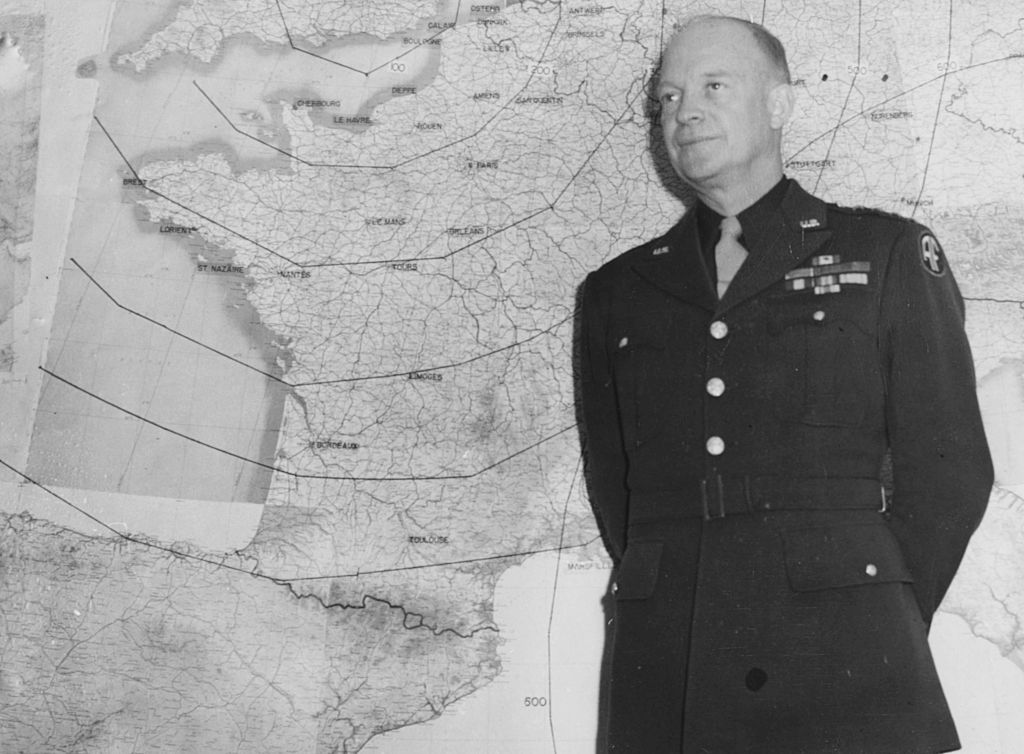
A. The Cold War
B. The Korean War
C. World War 1
D. World War 2
Answer: World War 2
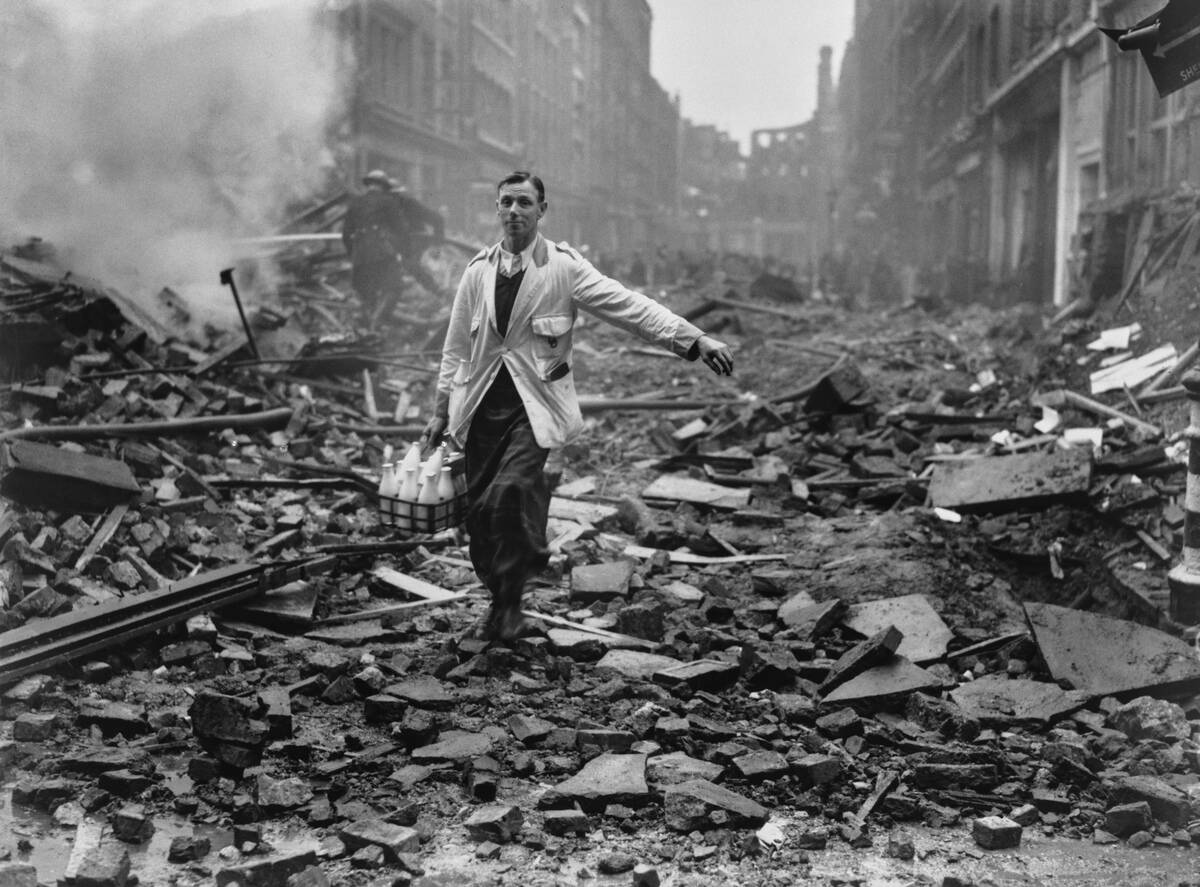
The 34th president of the United States was also a five-star general in the army. Eisenhower served as the supreme commander of the Allied Expeditionary Forces in Europe and planned the successful invasion of North Africa, France, and Germany.
Which war that was fought between the Republican and Fascist forces in Spain began in 1936?
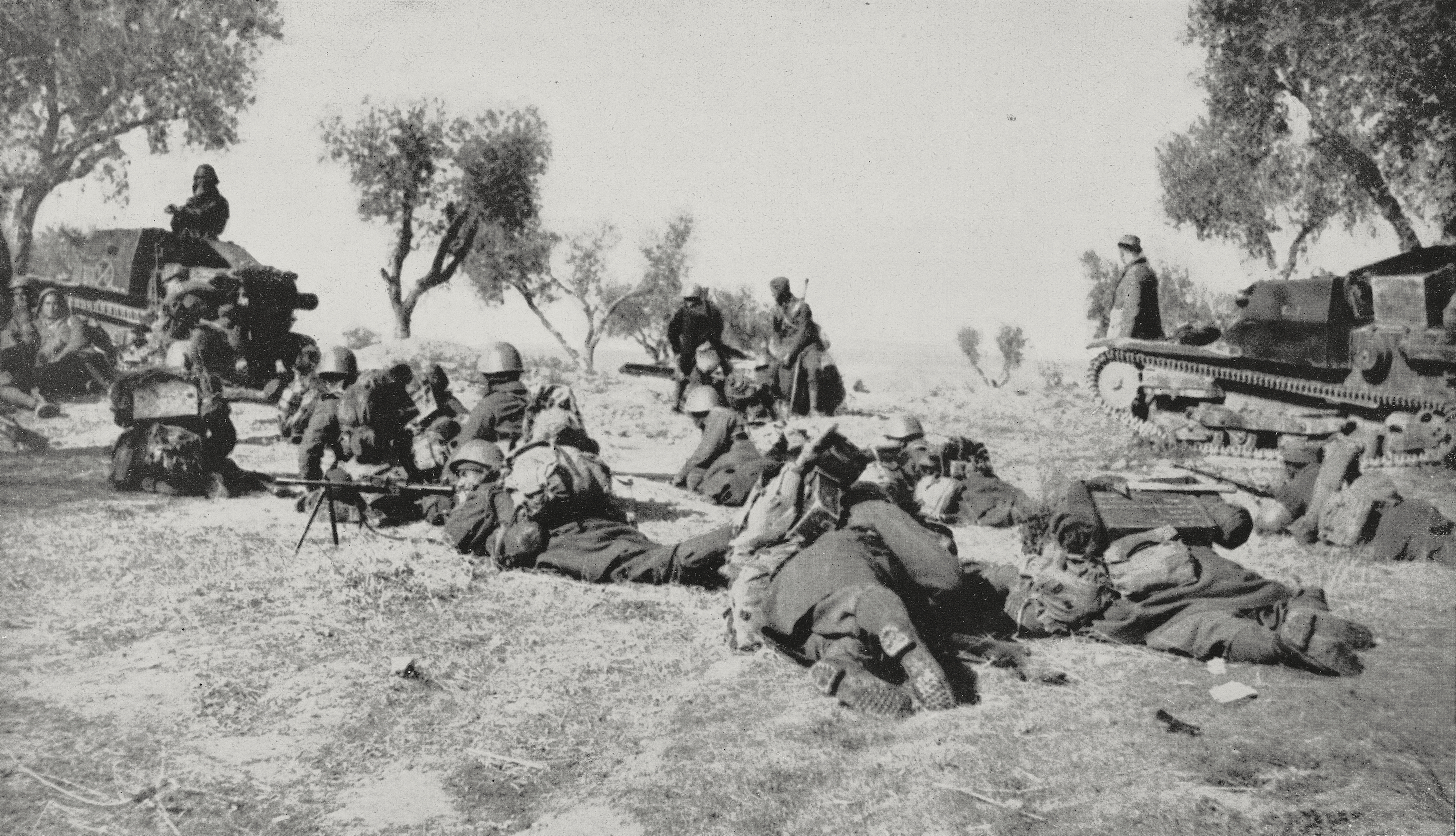
A. The War of Spanish Succession
B. The Spanish Rebellion
C. The Franco-Spanish War
D. The Spanish Civil War
Answer: The Spanish Civil War
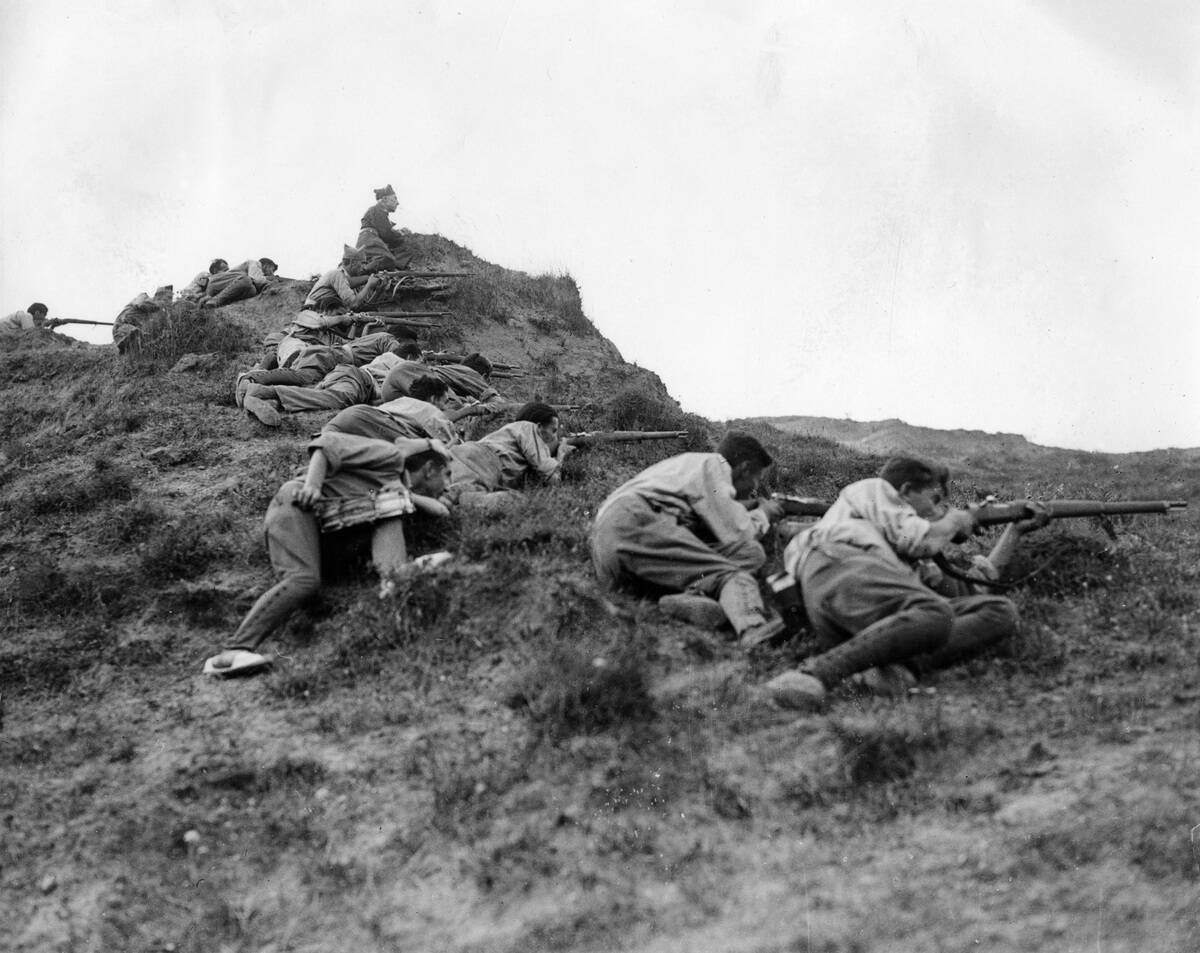
The Spanish Civil War lasted nearly three years before the nationalist forces, led by Francisco Franco, won out. The war was known as an early struggle between democracy and fascism.
Platoon, Full Metal Jacket, and First Blood were all Hollywood movies based on which war?
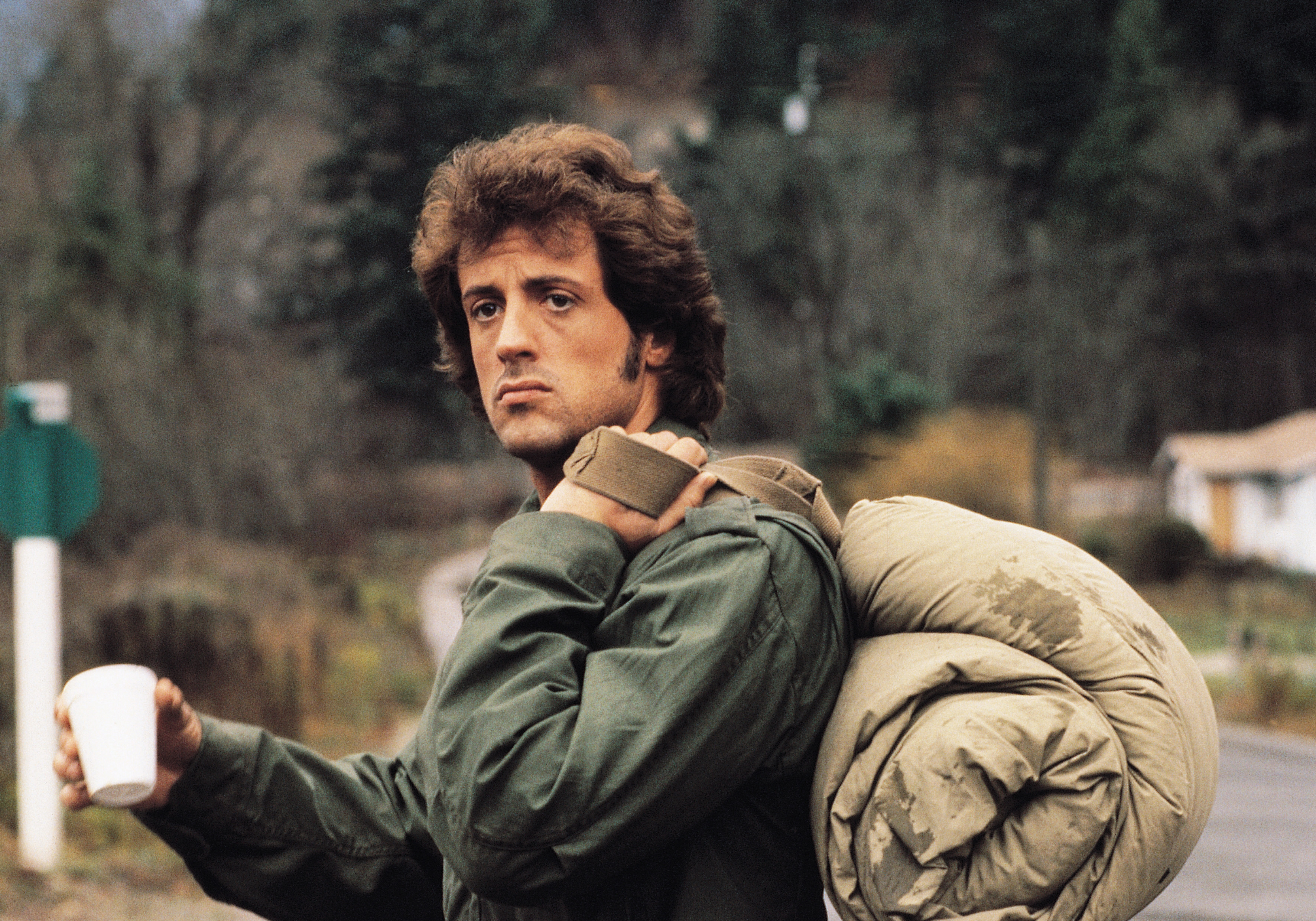
A. Gulf War
B. Korean War
C. Vietnam War
D. Iran-Iraq War
Answer: Vietnam War
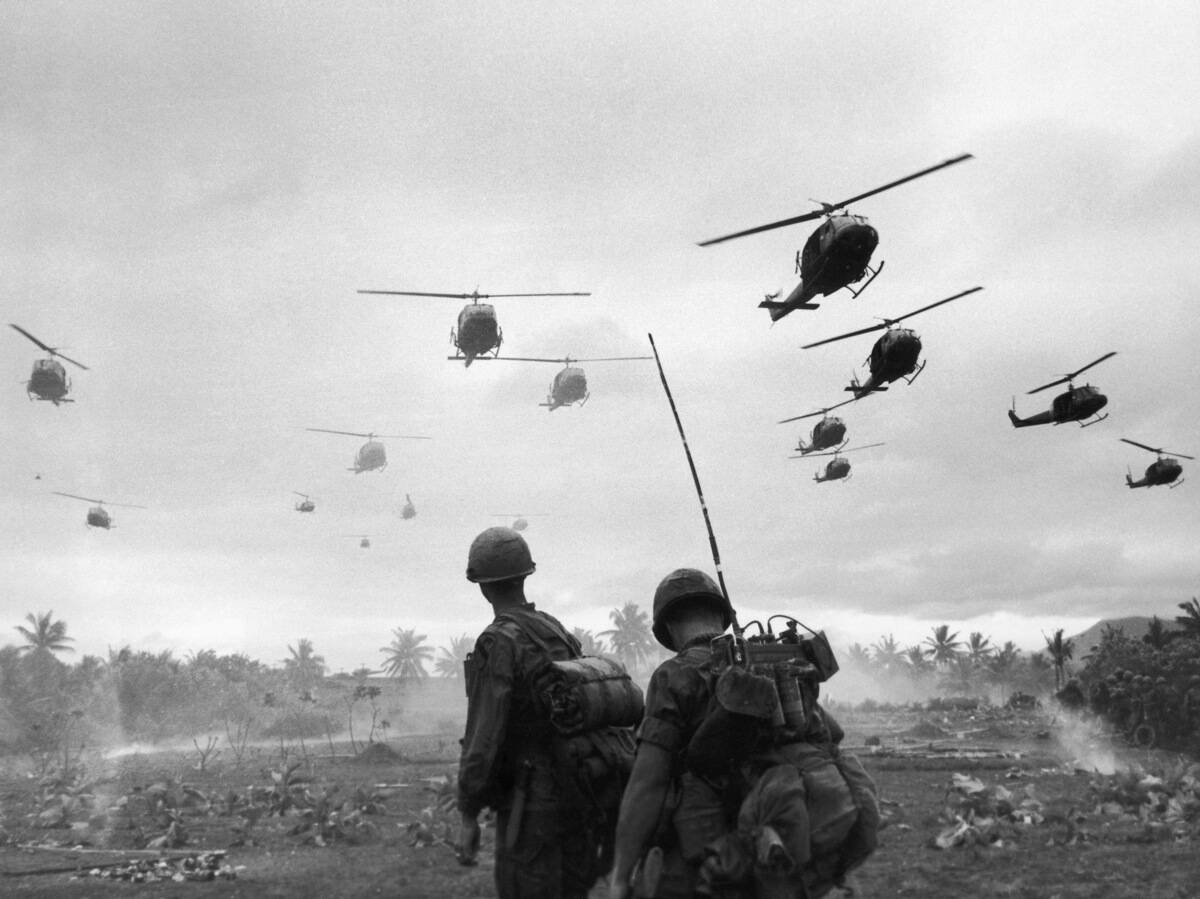
The Vietnam War sparked much debate in America and even Hollywood got involved. Many blockbuster movies were released that featured the Vietnam War as a background or major plot point. Some of the most iconic films of the ’70s and ’80s were based in Vietnam.
Which fruit-inspired name is used to describe the military interventions by the U.S. Military in Central and South America?
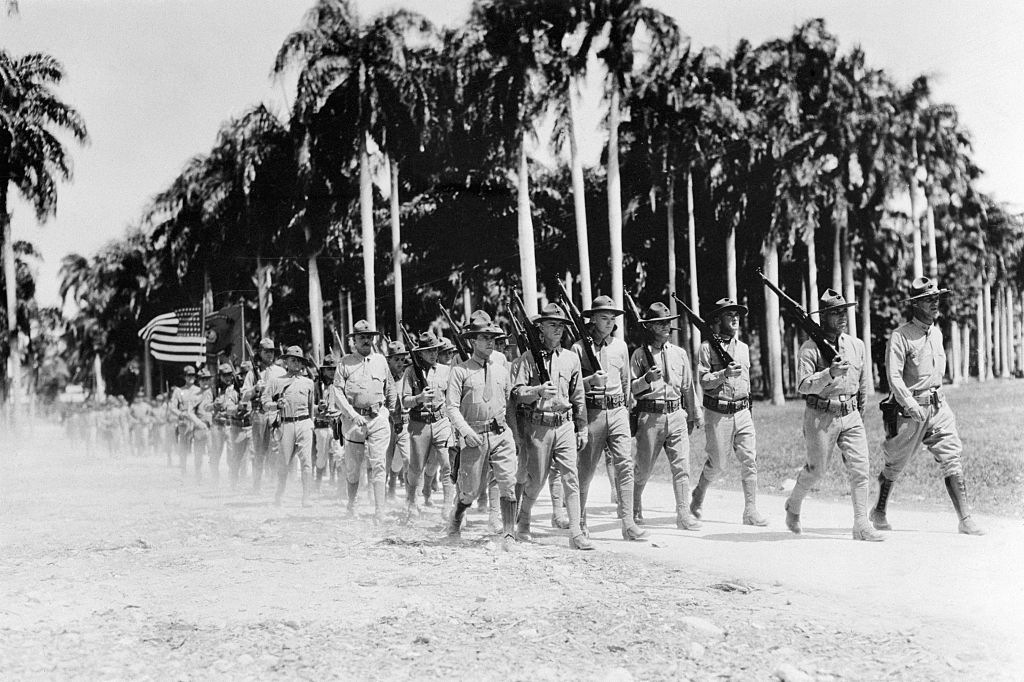
A. Papaya Wars
B. Banana Wars
C. Pineapple Wars
D. Avocado Wars
Answer: Banana Wars
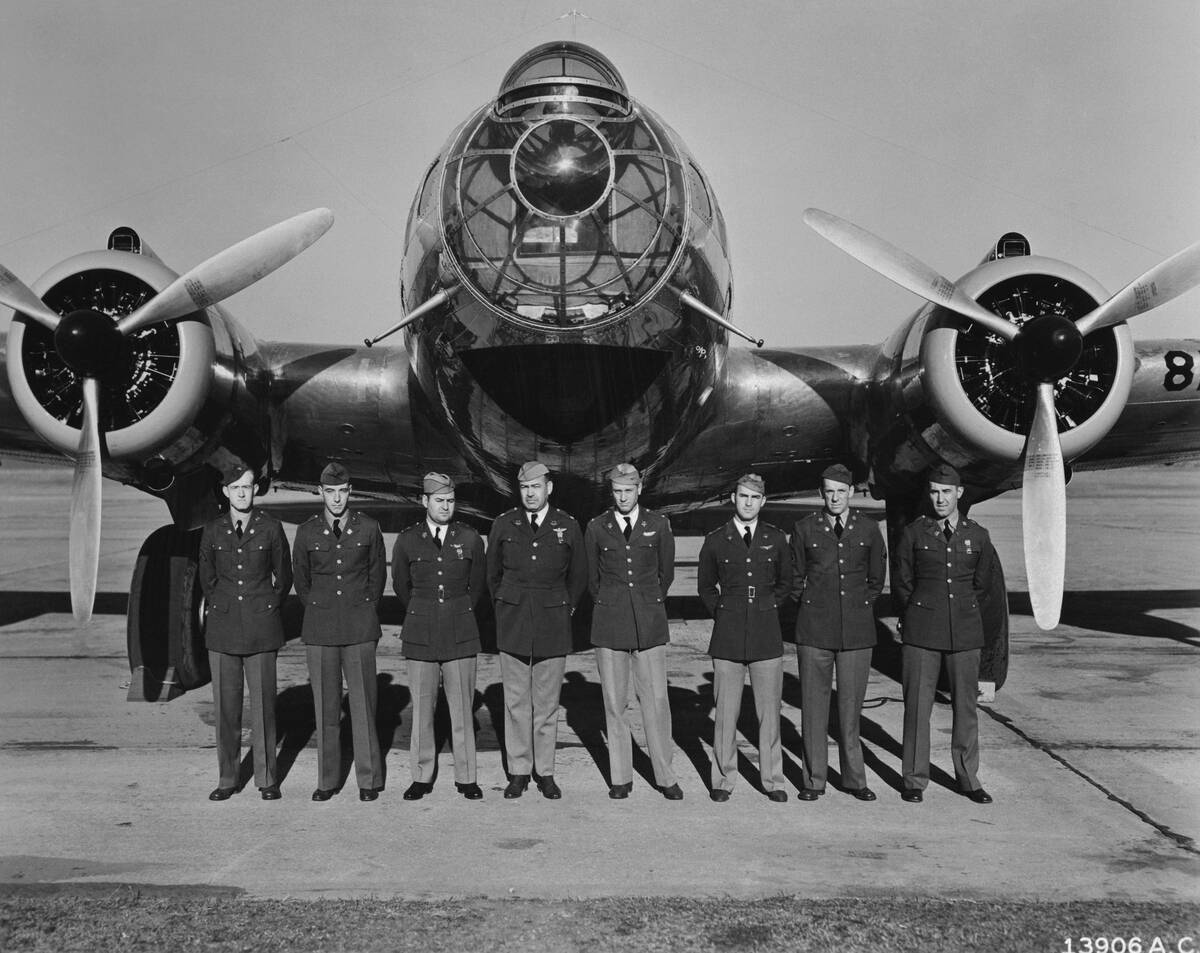
The name Banana Wars has been used to show the larger motivations for the intervention of the U.S. into Cuba, Panama, Honduras, Nicaragua, Mexico, Haiti, and the Dominican Republic. The motive behind the interventions was to maintain influence over products like bananas, tobacco, and sugar cane.
Which war got its name because there was no direct fighting?
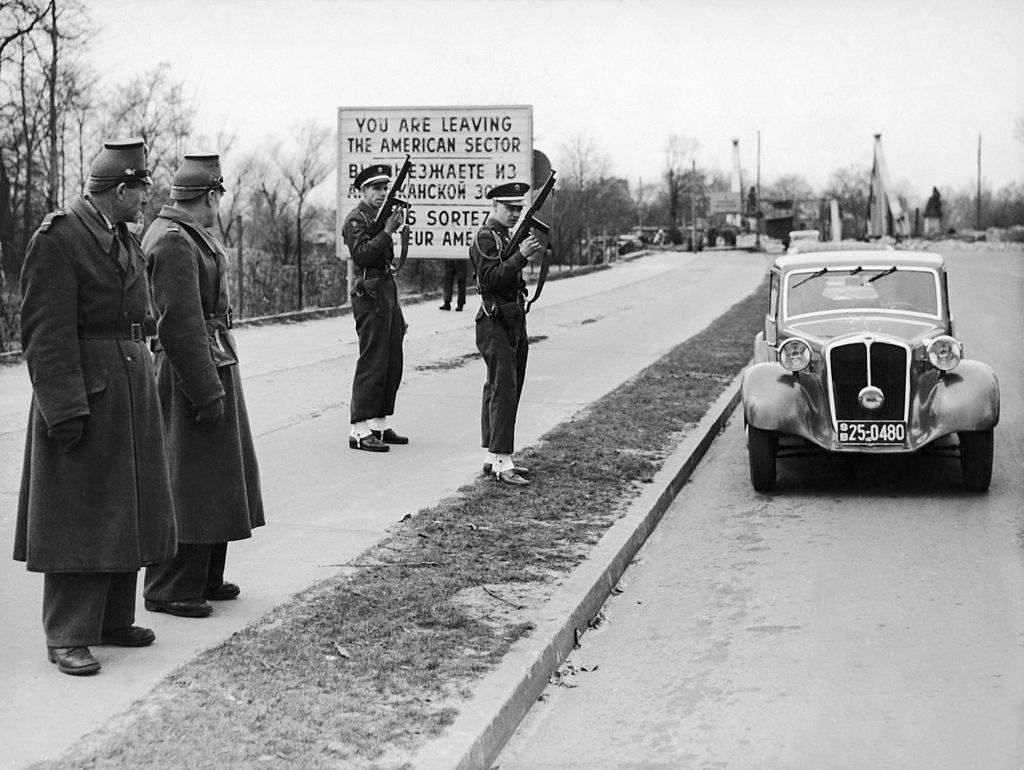
A. The Long War
B. The Cold War
C. The Frozen War
D. The Never-Ending War
Answer: The Cold War
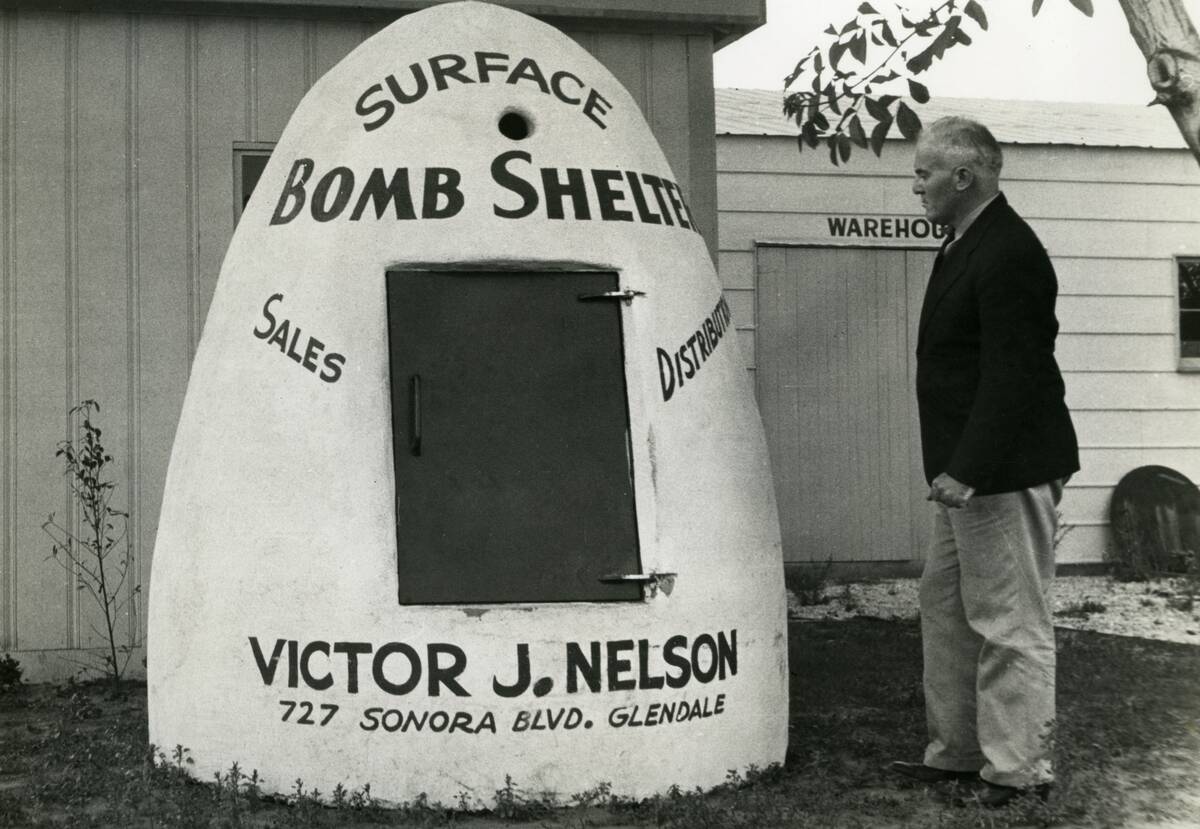
The term “Cold War” was actually a term invented by author George Orwell in his 1945 book Animal Farm. The term was picked up after the U.S. and Soviet Union entered a long “war” of aggression. While the two powers fought in satellite wars, they never directly declared war against each other.
Which war were students at Kent State protesting when the Ohio National Guard opened fire?
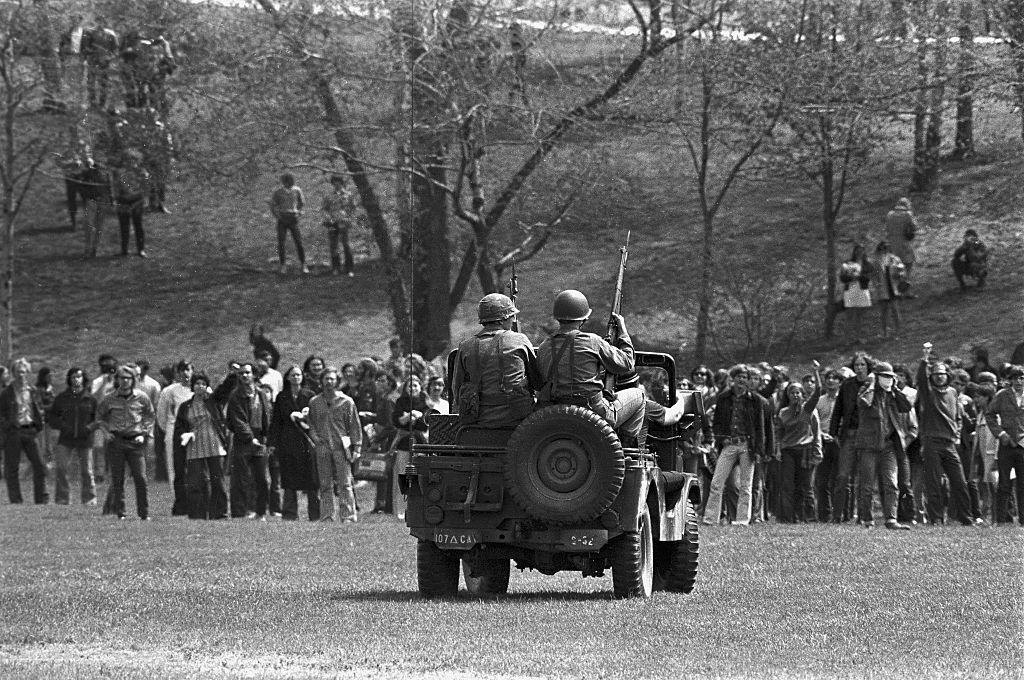
A. Vietnam War
B. Korean War
C. The Gulf War
D. Rwandan Genocide
Answer: Vietnam War
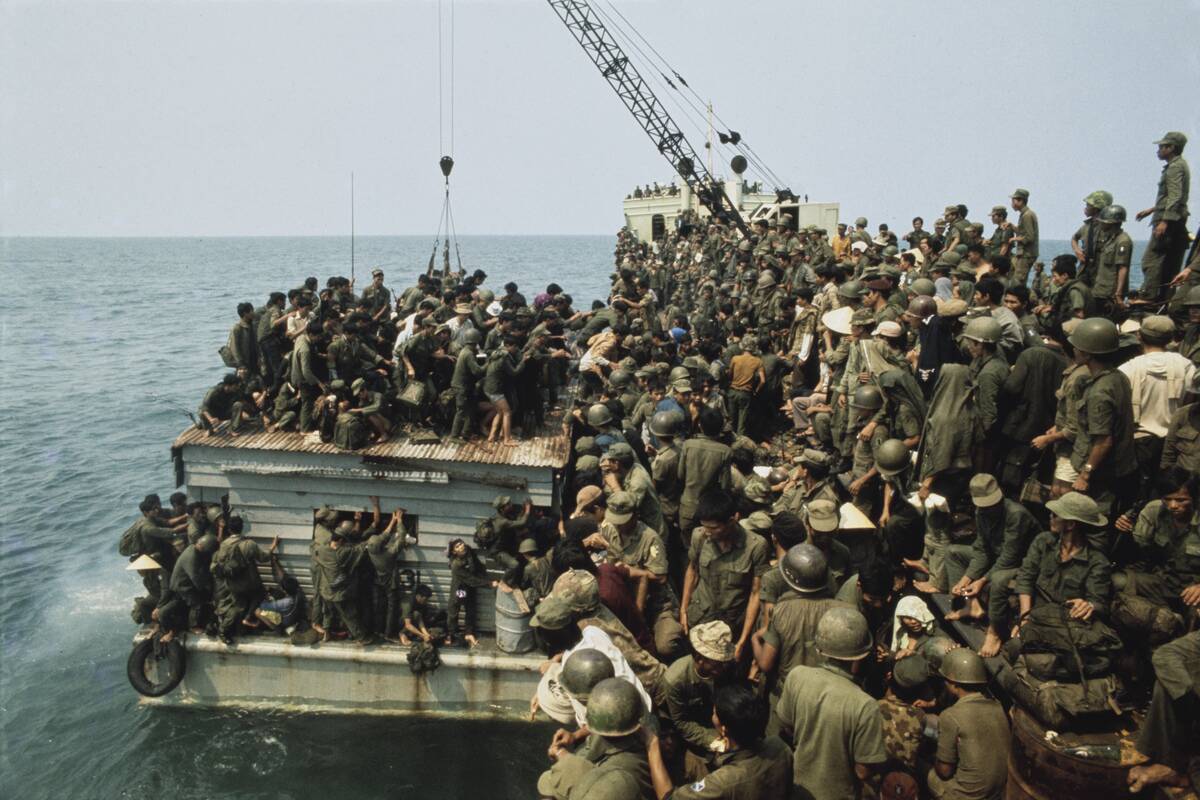
The Ohio National Guard was called in after students at Kent State began protesting the Cambodian Campaign. The campaign was believed by many to be an extension of the already-unpopular Vietnam War.
Which war was the first time a non-European power defeated one of Europe’s great powers?
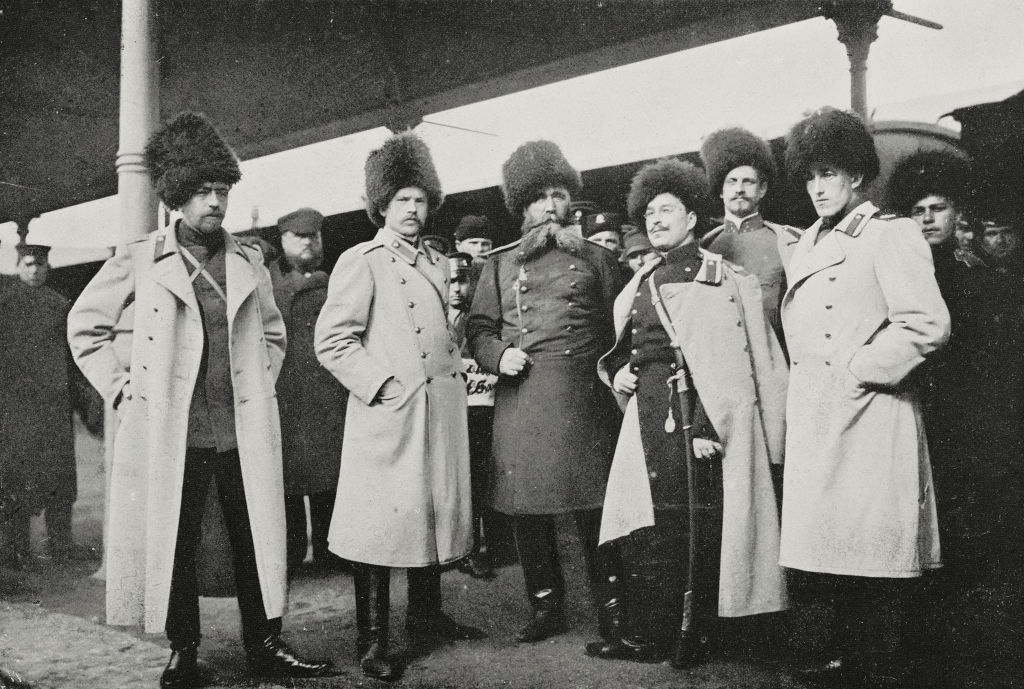
A. Russo-Japanese War
B. Boer War
C. French-Algerian War
D. Cuban-American War
Answer: Russo-Japanese War
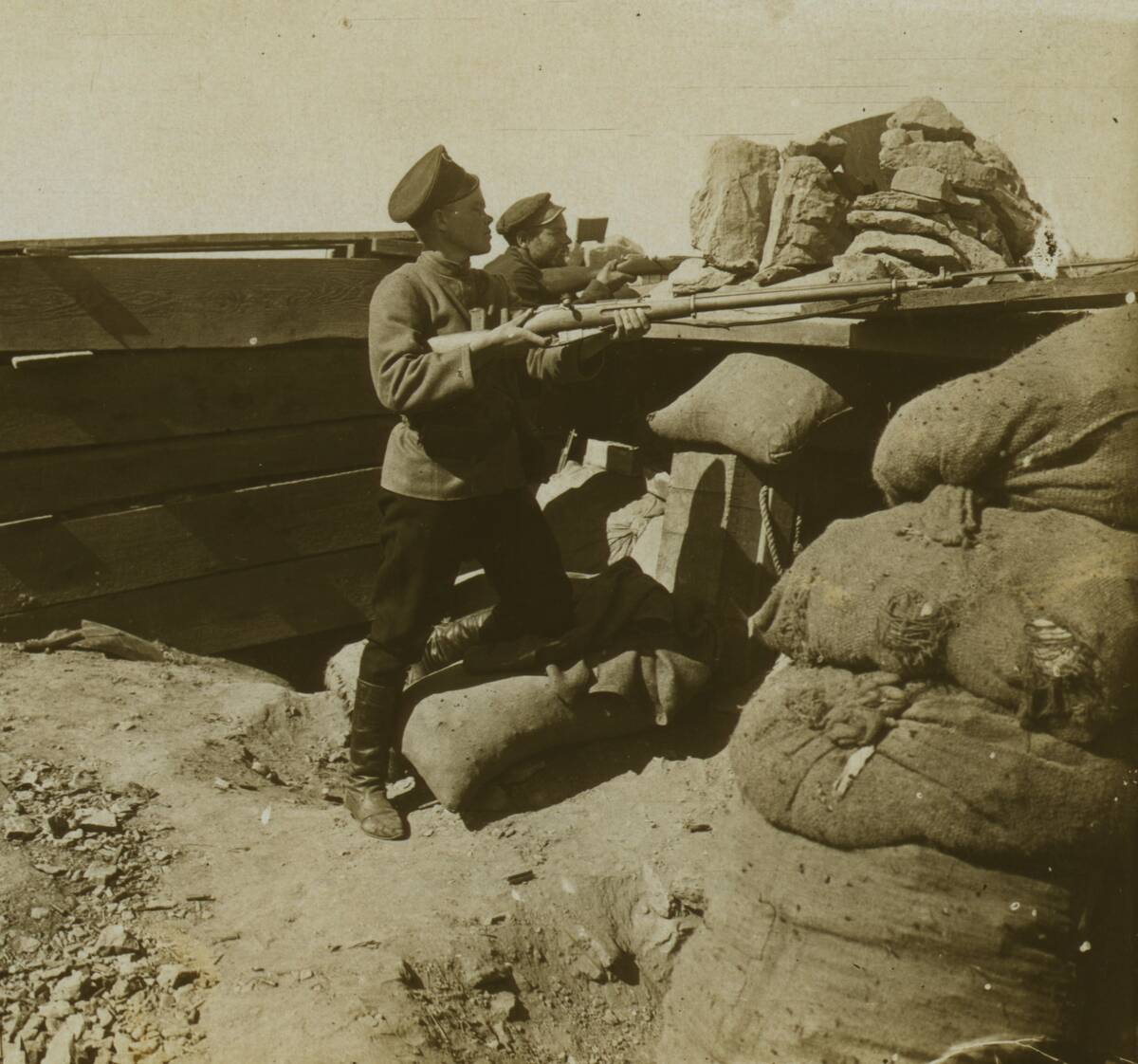
The Russo-Japanese War took place between 1904-1905 after Russia tried to take control of Manchuria. Russia deployed approximately 2 million troops while Japan only deployed 400,000. Despite the obvious size different, Japan won in a shocking upset.
Which civil war saw the “reds” and “whites” face off against each other?
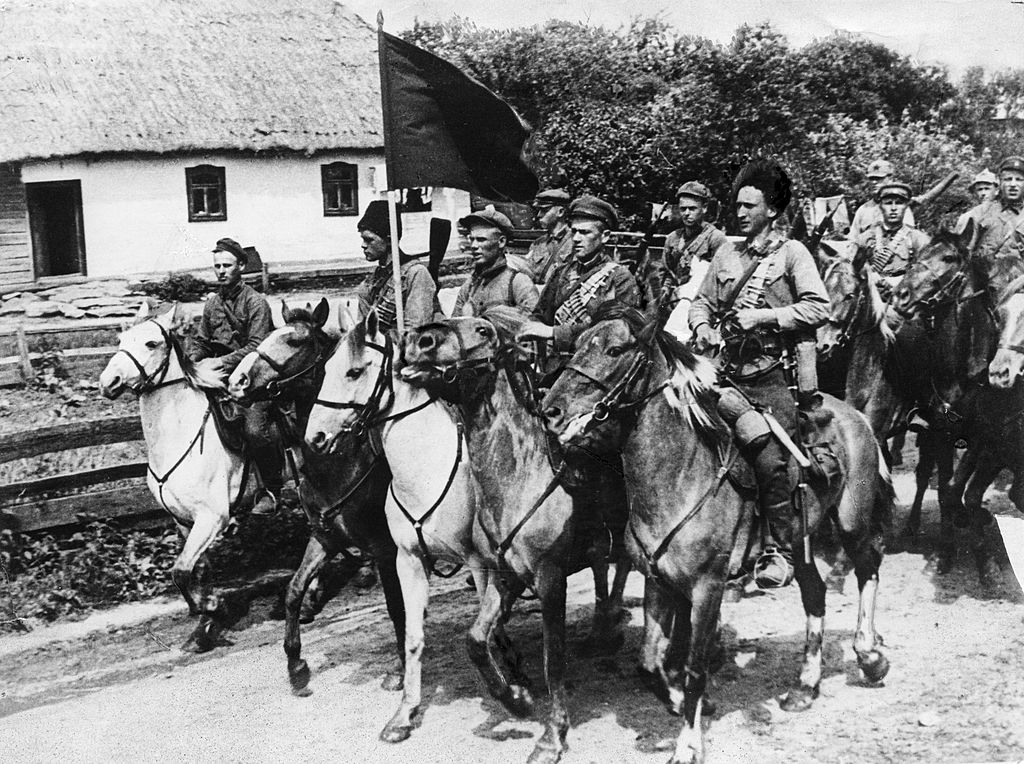
A. The Russian Civil War
B. The Mexican Civil War
C. The Spanish Civil War
D. The Chinese Civil War
Answer: The Russian Civil War
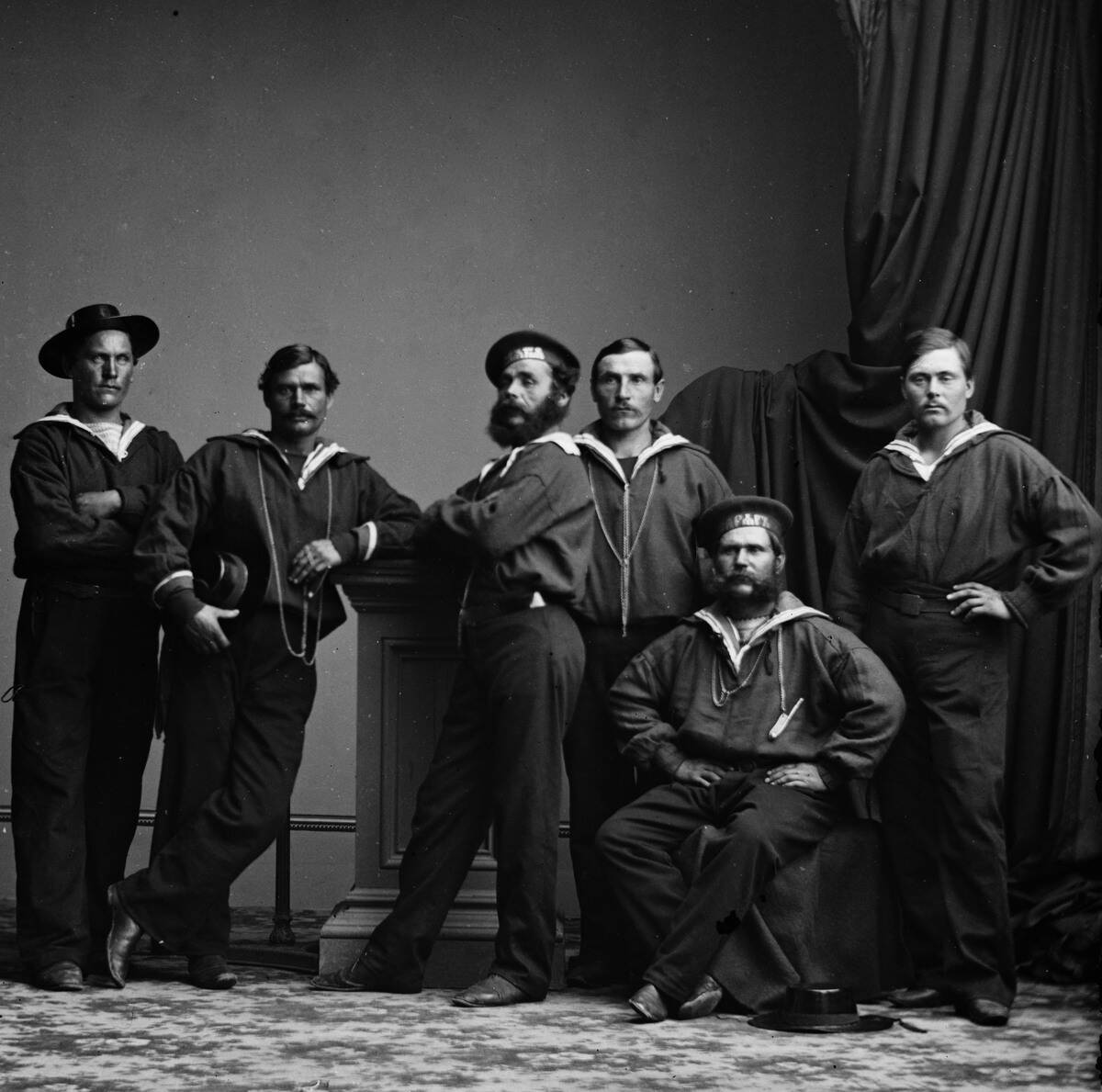
Following the 1917 Bolshevik Revolution, Russia devolved into a civil war. Opposing the “red” Bolsheviks was a coalition made up primarily of the White Army. The Whites eventually grew to include anyone who was anti-communist and anti-Bolshevik.
Which war began in the 19th century but didn’t end until the 20th century?
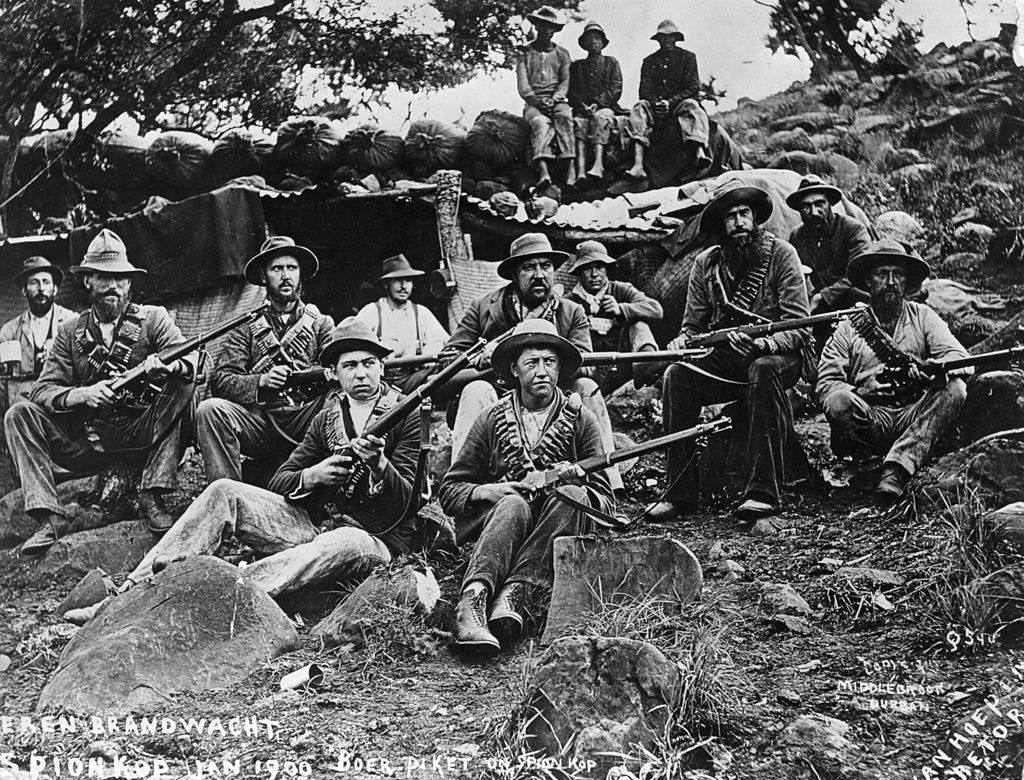
A. The Boer War
B. The Chinese Civil War
C. The American Revolution
D. The Boxer Rebellion
Answer: The Boer War
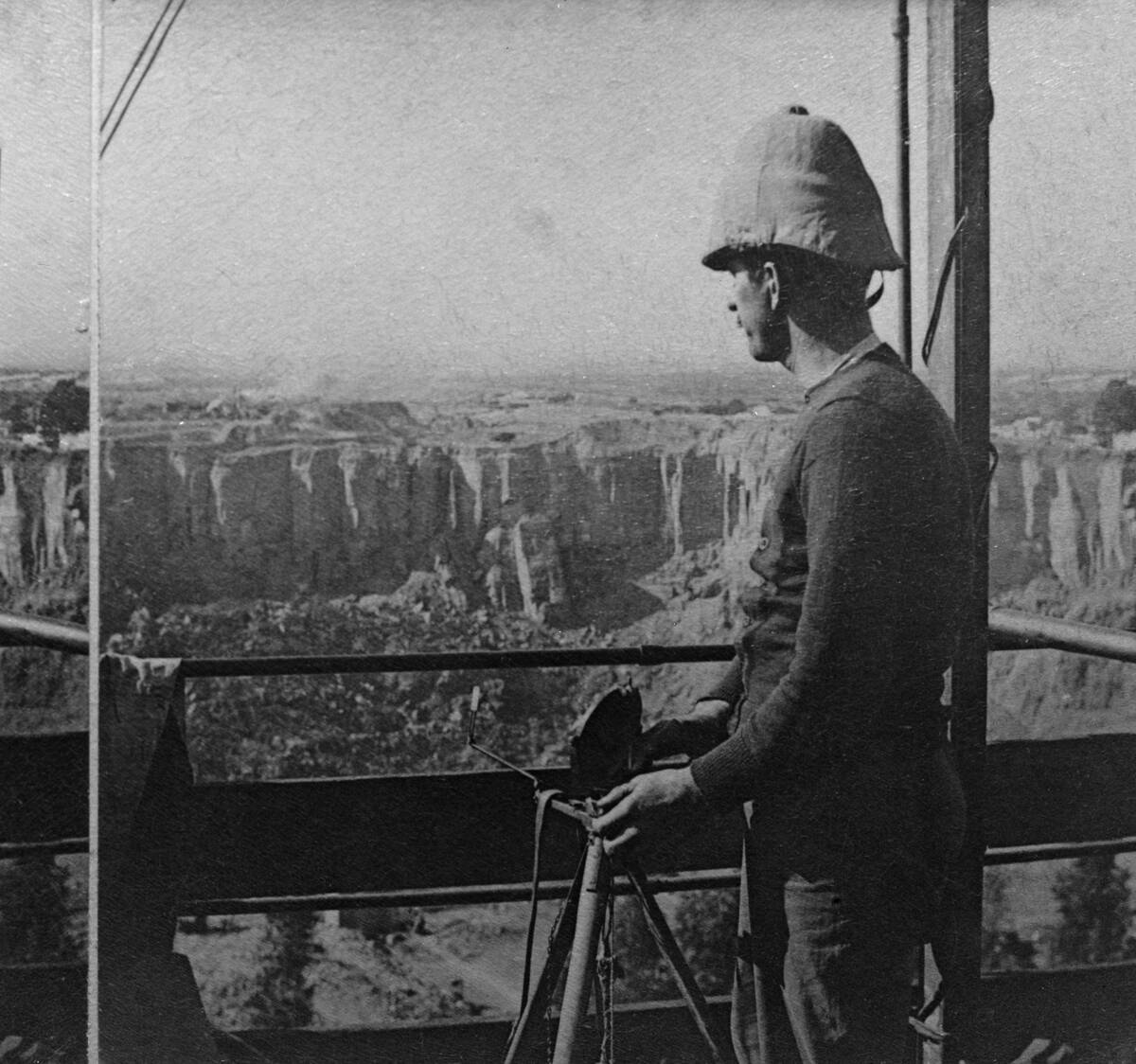
The Boer war began in 1899 and was fought in South Africa between the British and the Boers (Dutch settlers in southern Africa). The British wanted to take control after gold was found in the region. The conflict lasted until 1902.
Which war broke out between Israel and their neighboring states of Egypt, Jordan, and Syria?
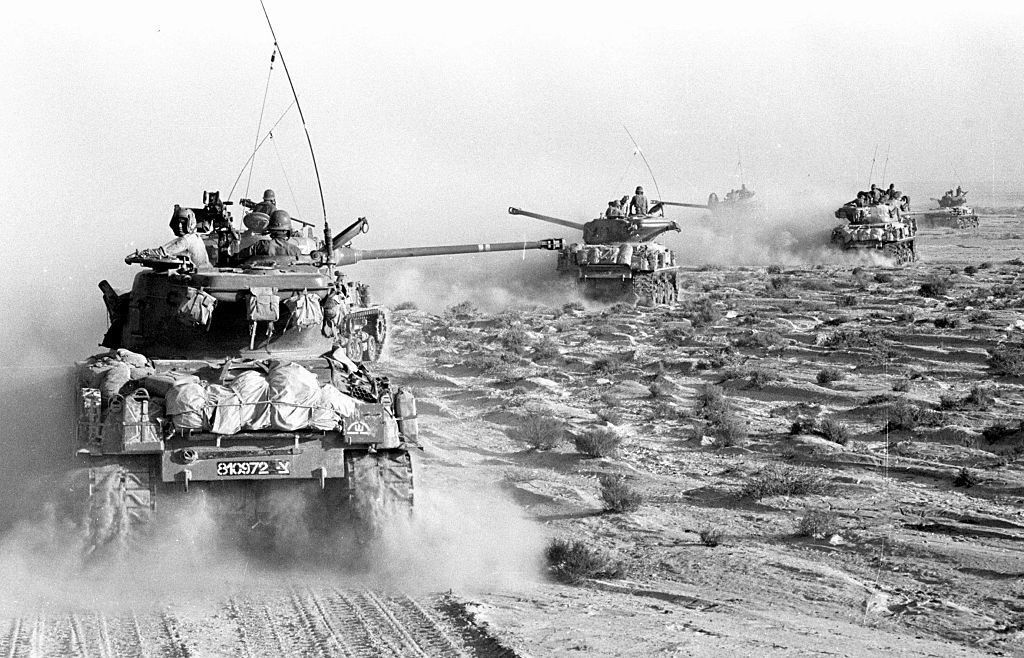
A. The Four-Week War
B. The Six-Day War
C. The Three-Month War
D. The Twelve-Hour War
Answer: The Six-Day War
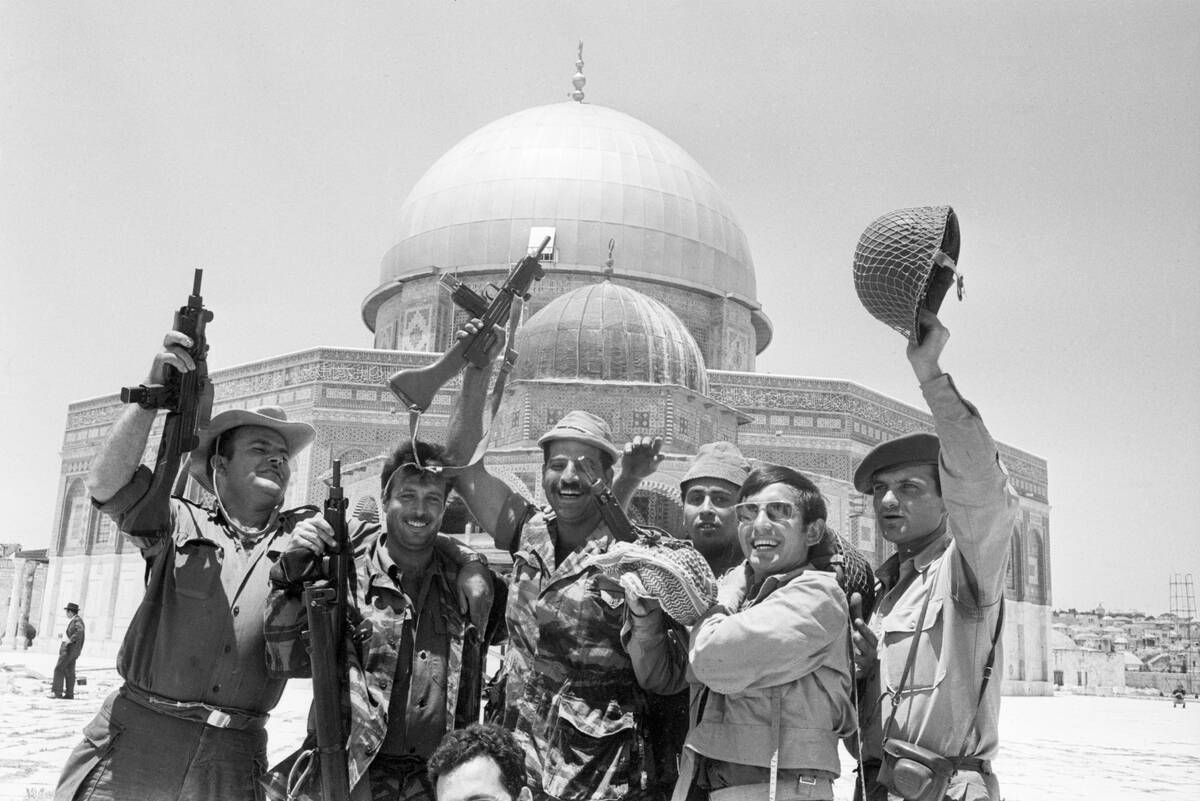
Also known as the June War or the 1967 Arab-Israeli War, The Six-Day War began after Israel launched a series of preemptive air strikes against Egypt. The Egyptians were caught by surprise and within six days, Israel captures the Gaza Strip, Sinai Peninsula, and the West Bank.
Which war took place over the 38th parallel?
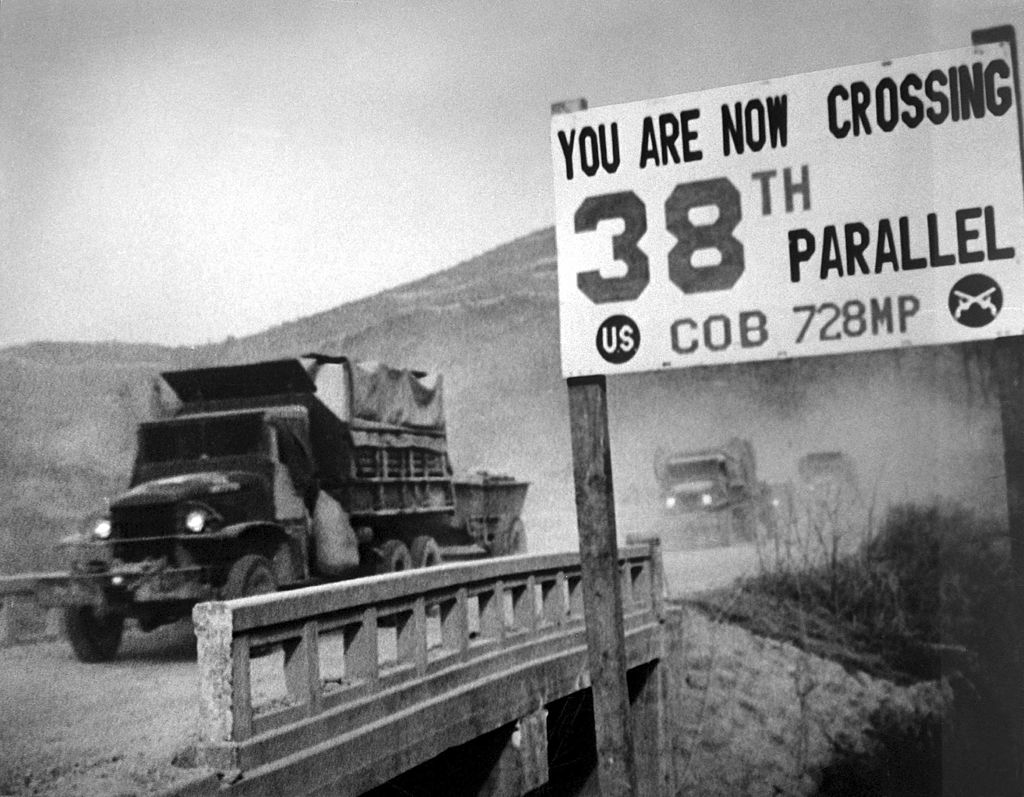
A. Vietnam War
B. Korean War
C. Arab-Israeli War
D. Iran-Iraq War
Answer: Korean War
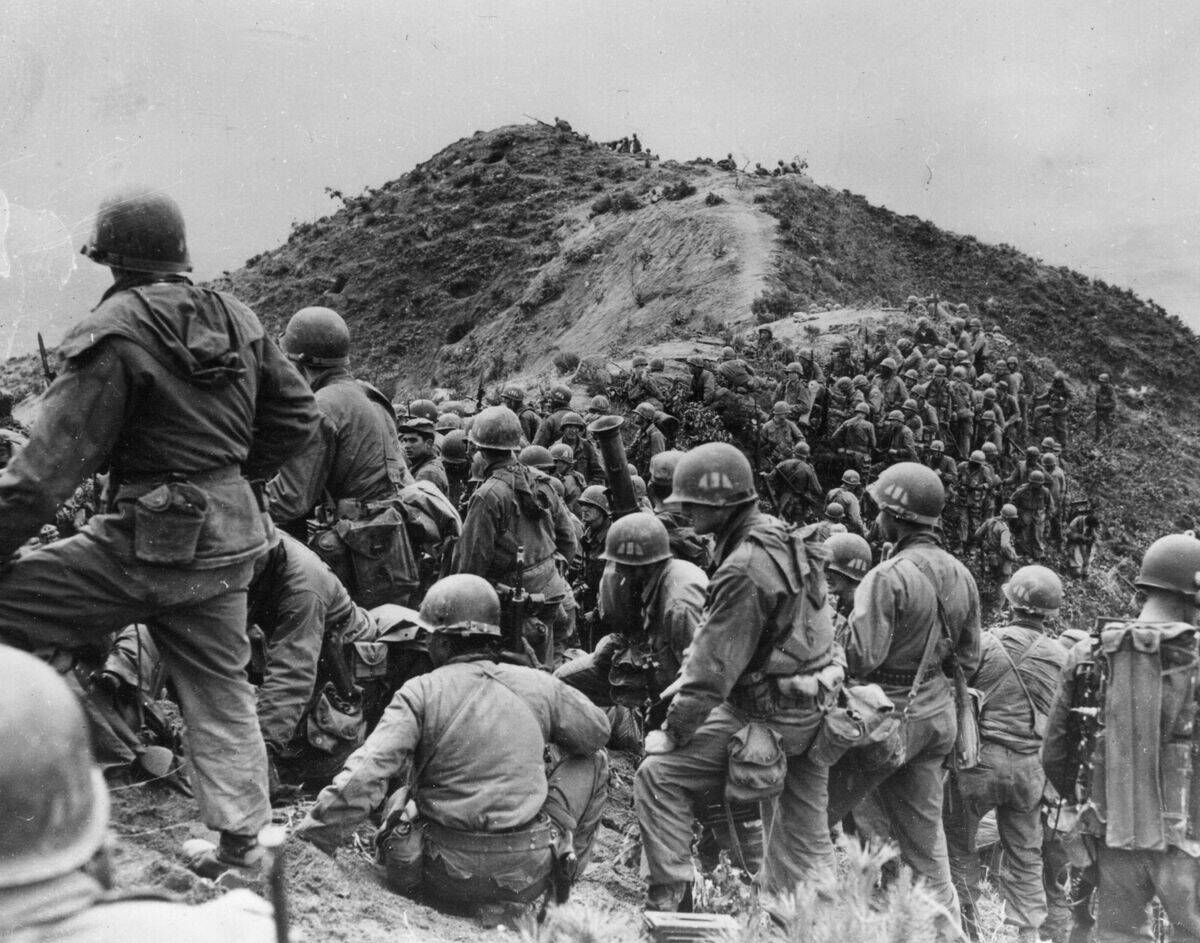
The Korean War began at 4:30 am on June 25, 1950, when 75,000 North Korean soldiers poured across the 38th parallel and into South Korea. While the actual hostilities ended in 1953, the 38th parallel is still a demilitarized zone between the two independent nations.
Which proxy war saw the U.S. invade the Bay of Pigs?
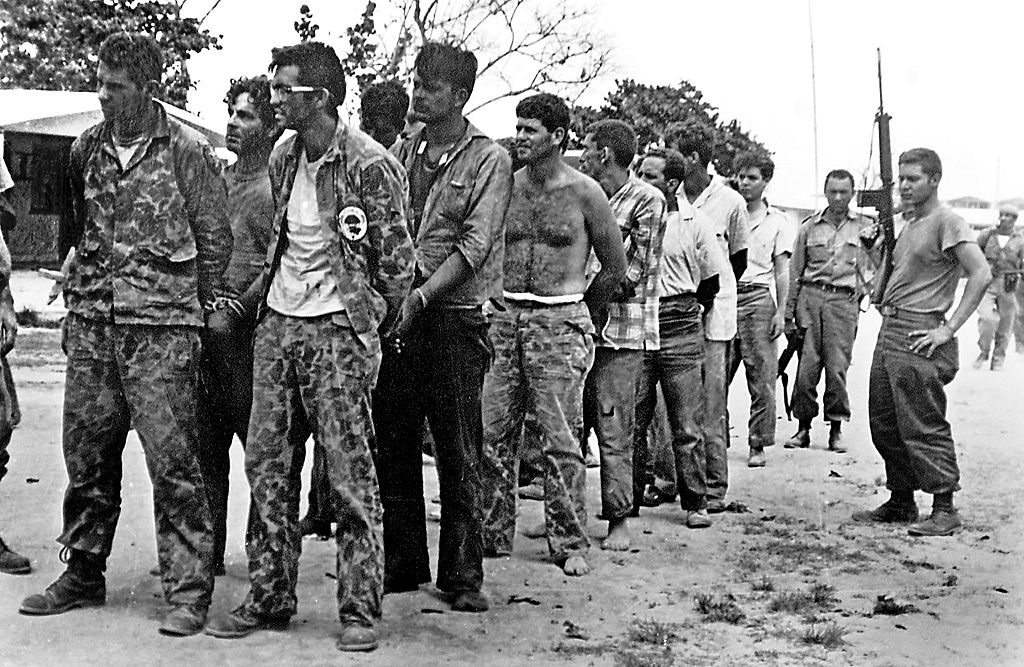
A. Cuban Revolution
B. Sudanese Civil War
C. Chinese Civil War
D. Suez Crisis
Answer: Cuban Revolution
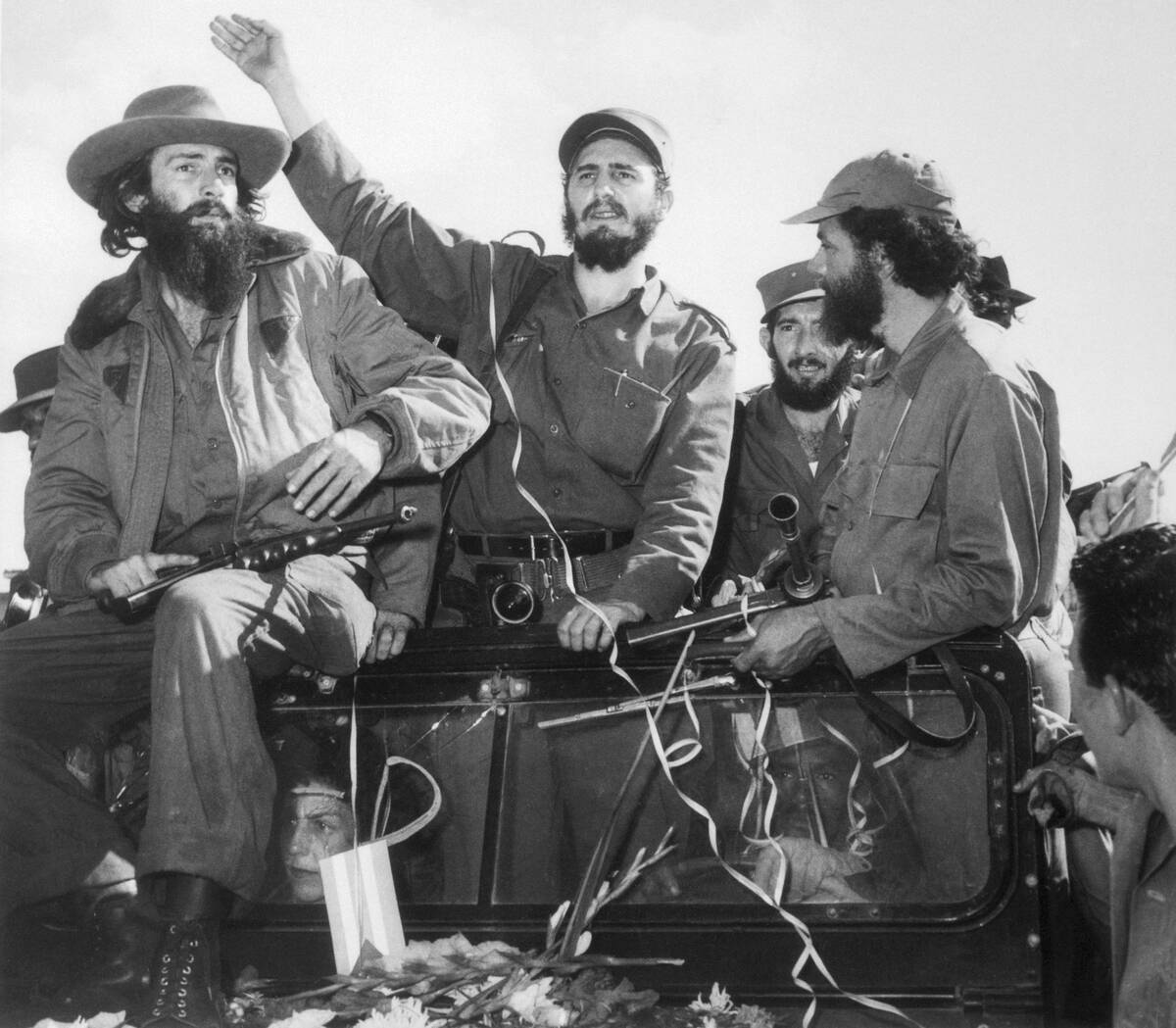
On April 17, 1961, a CIA-sponsored group landed in Cuba to try and overthrow Fidel Castro. After it became clear that the U.S. was involved, President Kennedy removed air support and the mission failed.
Which war was characterized by a conflict between the “Axis” and the “Allies”?
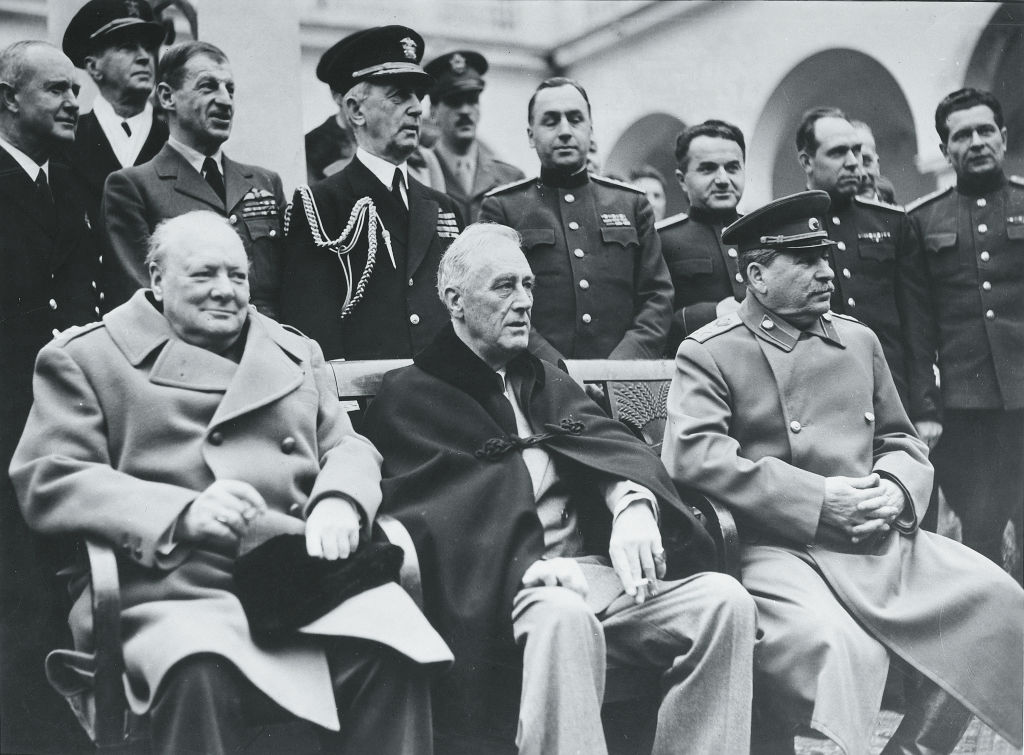
A. World War 1
B. World War 2
C. Korean War
D. Gulf War
Answer: World War 2
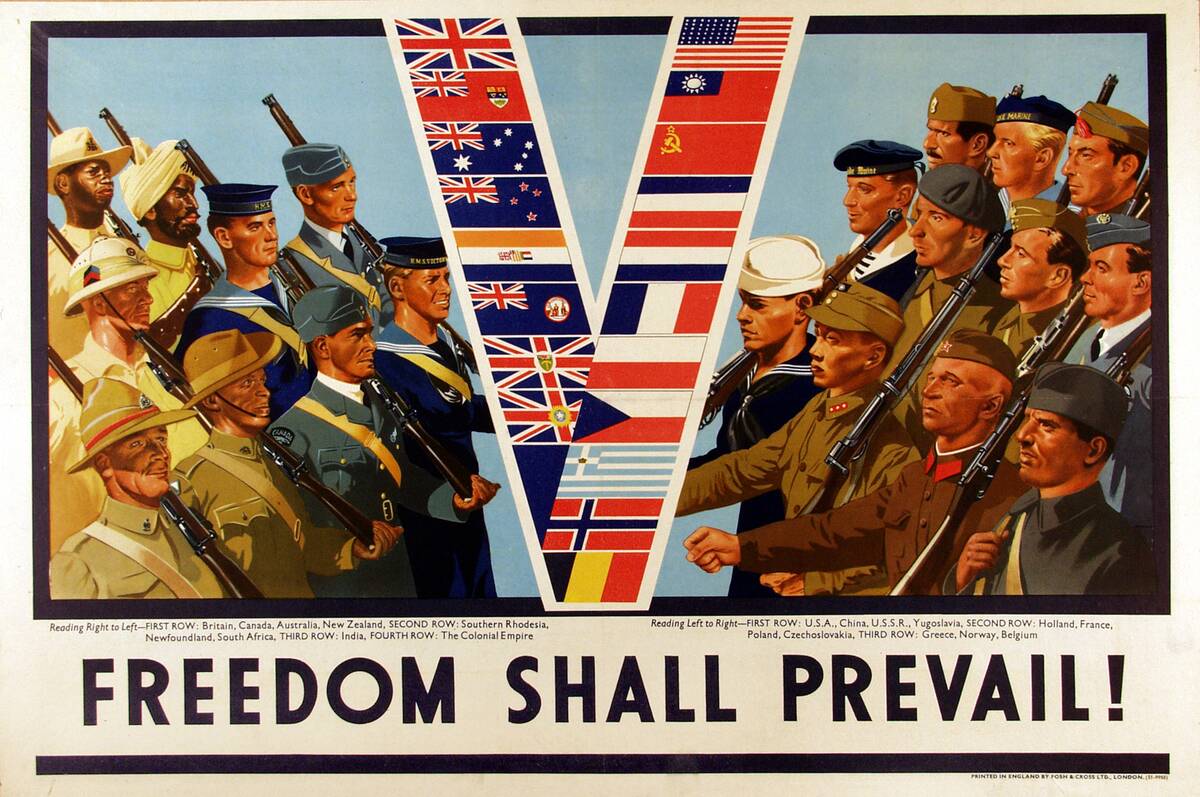
The Axis and Allies were the two main groups of opponents in WW2. The Allies were originally just Britain and France, but America and the Soviet Union joined later on. The Axis were composed of Germany, Italy, and Japan.



